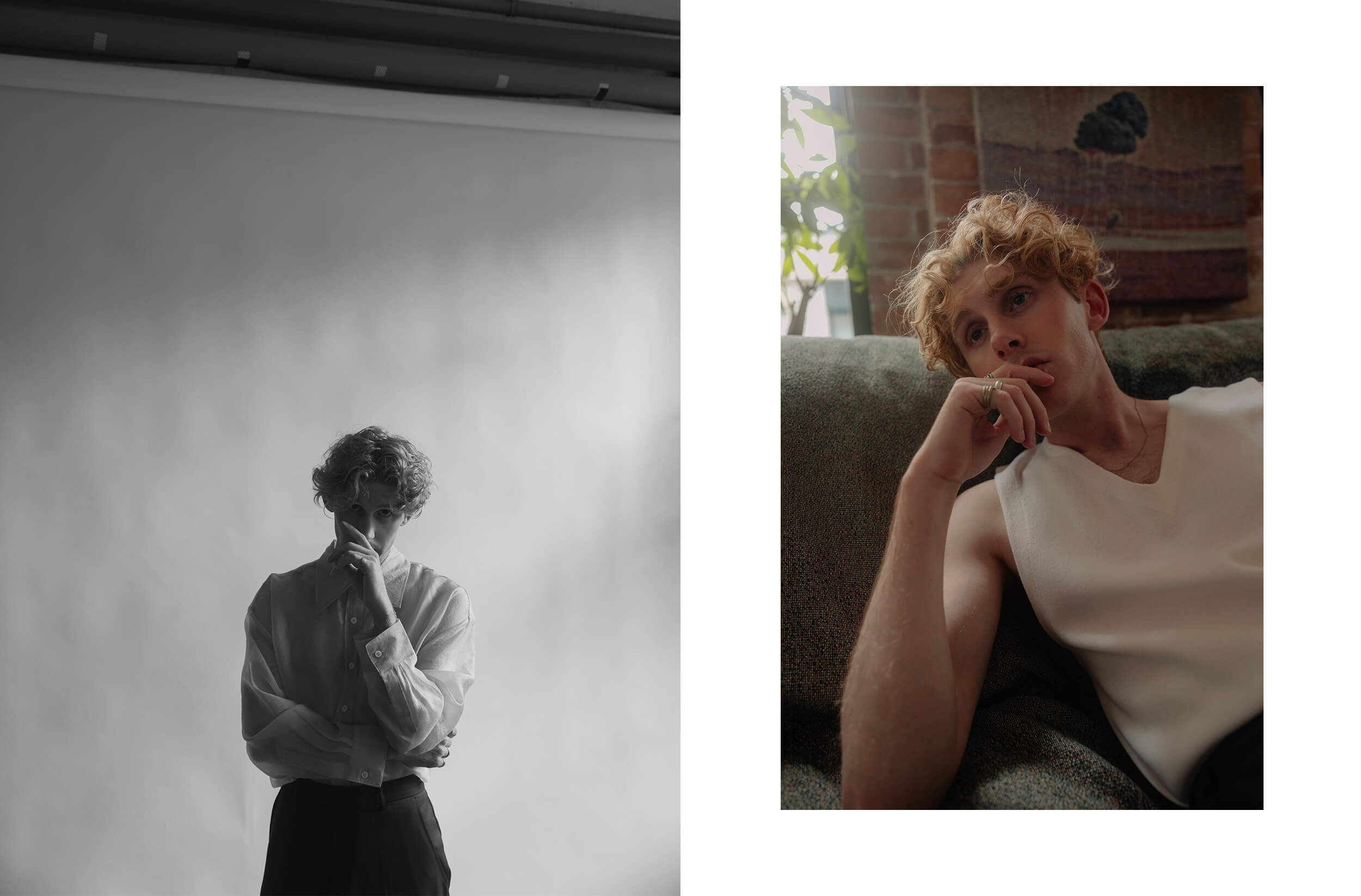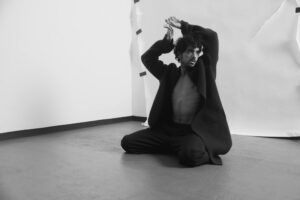Fionn O’Shea doesn’t play characters – he dissects them. There’s a precision to the way he talks about his work, a mix of instinct and quiet analysis that makes his performances linger. In “House of Guinness”, Stephen Knight’s bold reimagining of one of Ireland’s most famous families, Fionn wears the shoes of Ben Guinness – a man born into privilege, undone by expectation, and searching for something that still feels real.
When we talk, he’s thoughtful but unguarded, tracing connections between films, memories, and the parts of himself that find their way into a role. We talked about hope in darkness, the discipline of isolation, and about how sometimes the most unexpected things – like a line in a book, a performance you can’t forget – can unlock a character completely.
Our chat moves between past and present, art and identity, and the quiet beauty of trying to stay human in the middle of it all.
What’s your first cinema memory?
My first cinema memory is “Walk the Line”. I was way too young to be seeing that film, but I just remember being really affected by it, especially the scene where Johnny Cash is a kid, with his brother, and there’s that terrible accident. And I also remember my dad being affected by it, but probably because he was shocked that he had brought his son to see that film [laughs].
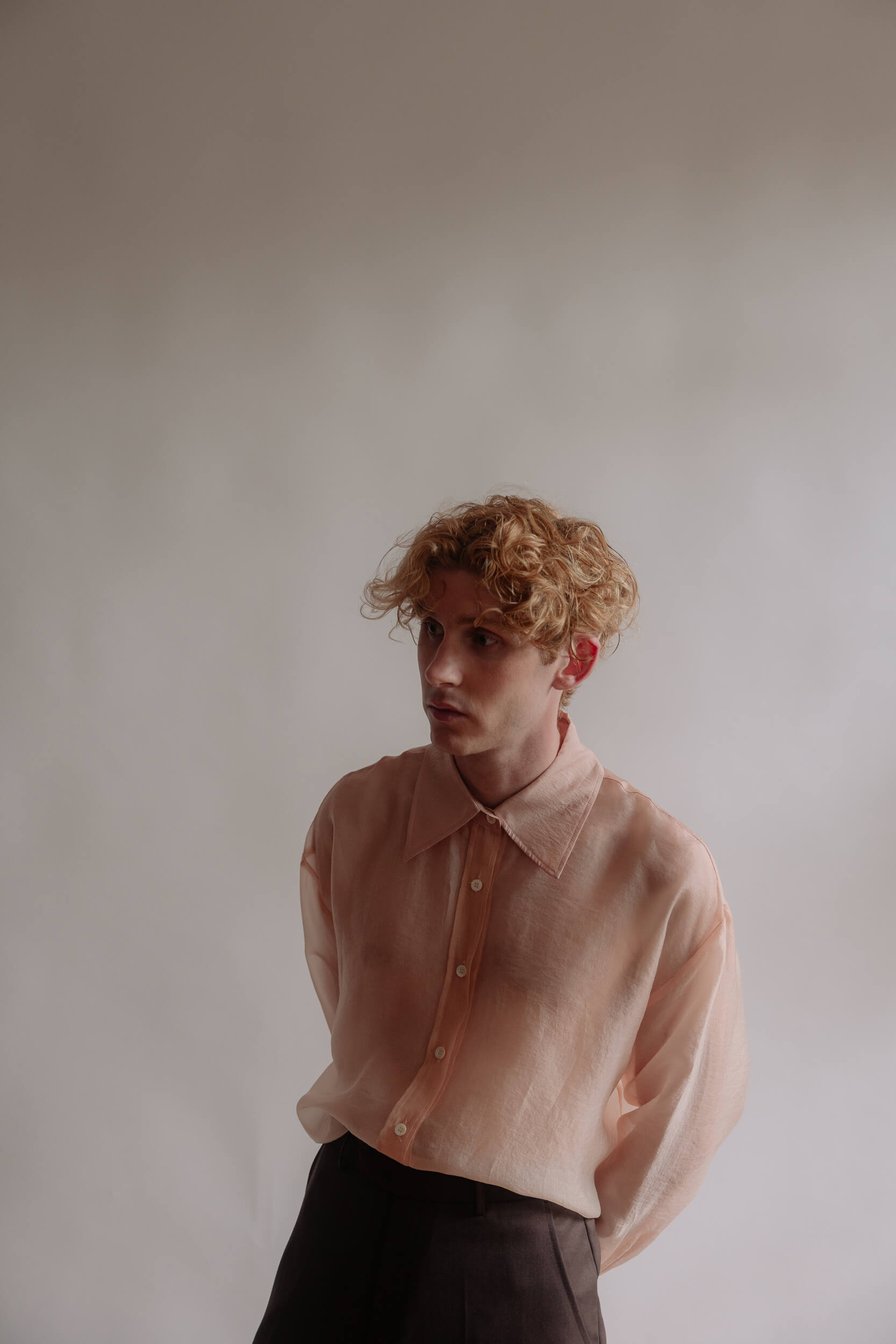
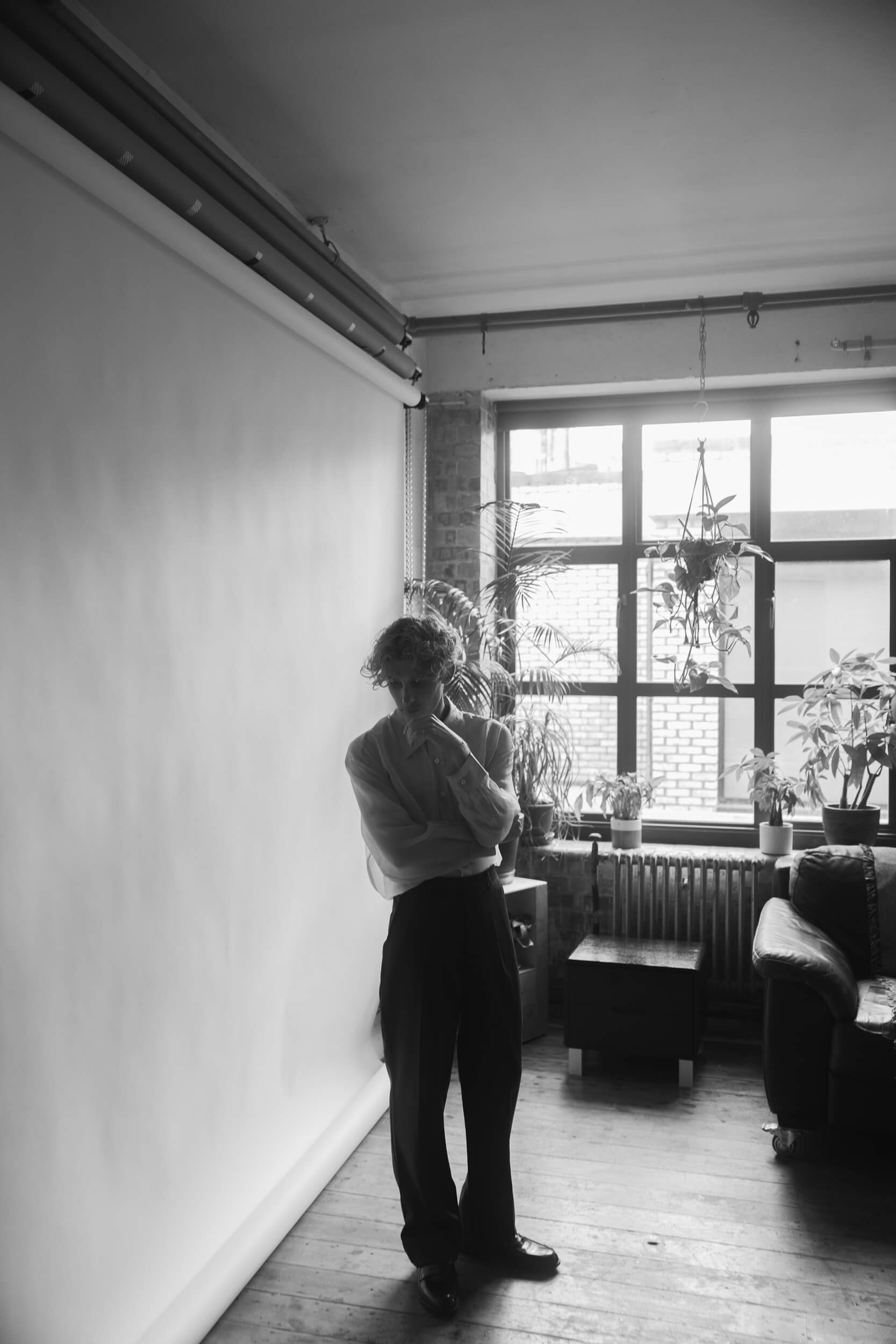
Well, it’s one of the best music biopics ever made in my opinion.
Yeah, I think Joaquin Phoenix is just so perfect in that film, and so is Reese Witherspoon.
It’s probably my first cinema memory, but also but also just a film that, for completely different reasons, I revisit quite a lot. I actually thought that there was a quality in Joaquin’s performance that could be useful for Ben in “House of Guinness”. For example, the darkest parts of Johnny Cash and the fact that, despite the tragedies, there’s still hope in him. And you’re still really wanting him to get better, and you still think that there is hope for him.
In “House of Guinness” there’s a line that Stephen Knight wrote where he’s talking about somebody still in love with him or what’s left of him – I think it was really important to me to maintain a sense of hope for him that he might get better. To bring it back to Joaquin Phoenix, even in Johnny Cash’s worst moments in that film, there’s still something inherently charming about him.
I always end up taking inspiration or ideas from things that wouldn’t be obvious reference points. Like, sometimes it can be as simple as feeling inspired by something, it doesn’t have to be related to the project you’re doing. Probably human nature is more important than the actual life story that you’re telling.
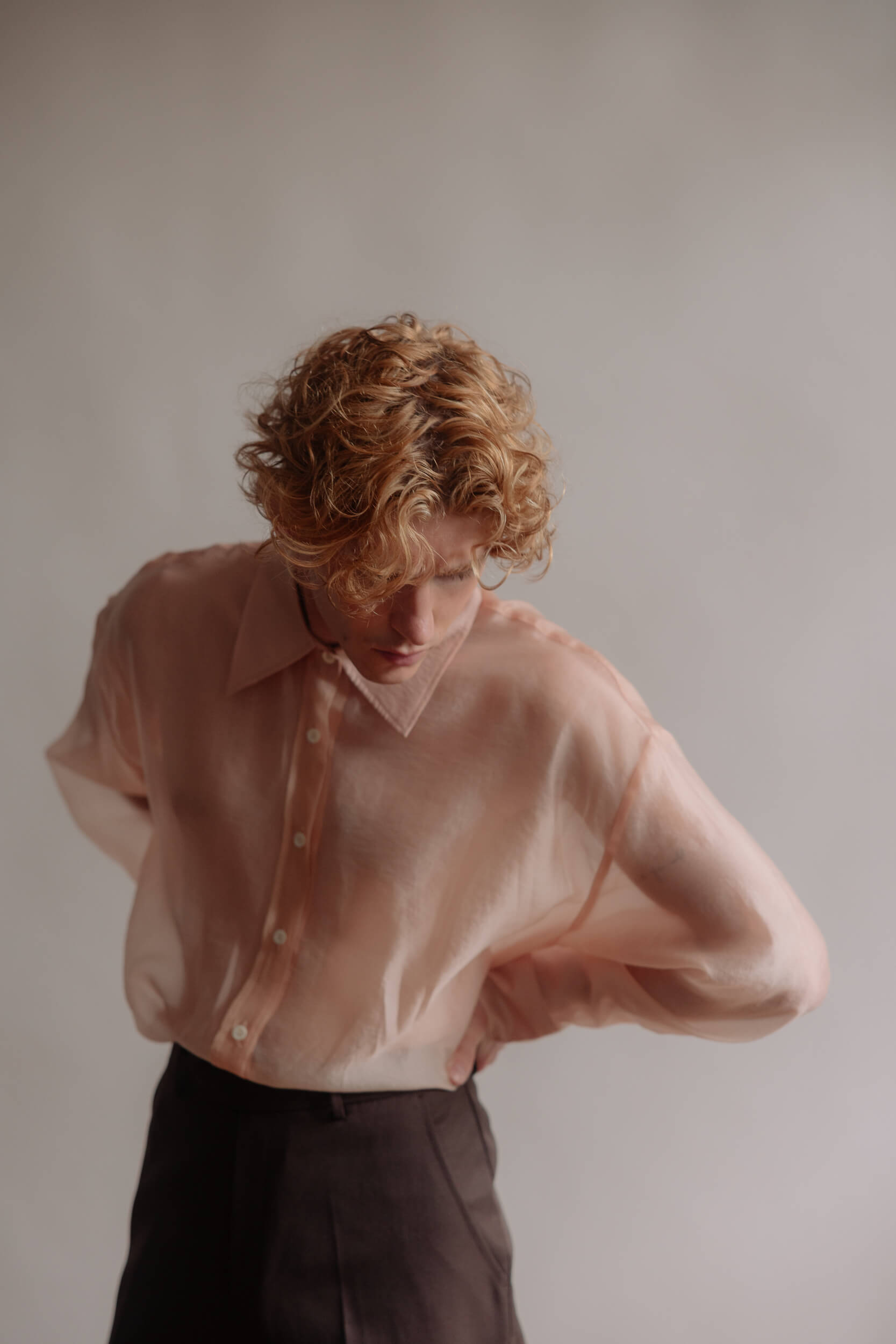
“I always end up taking inspiration or ideas from things that wouldn’t be obvious reference points.”
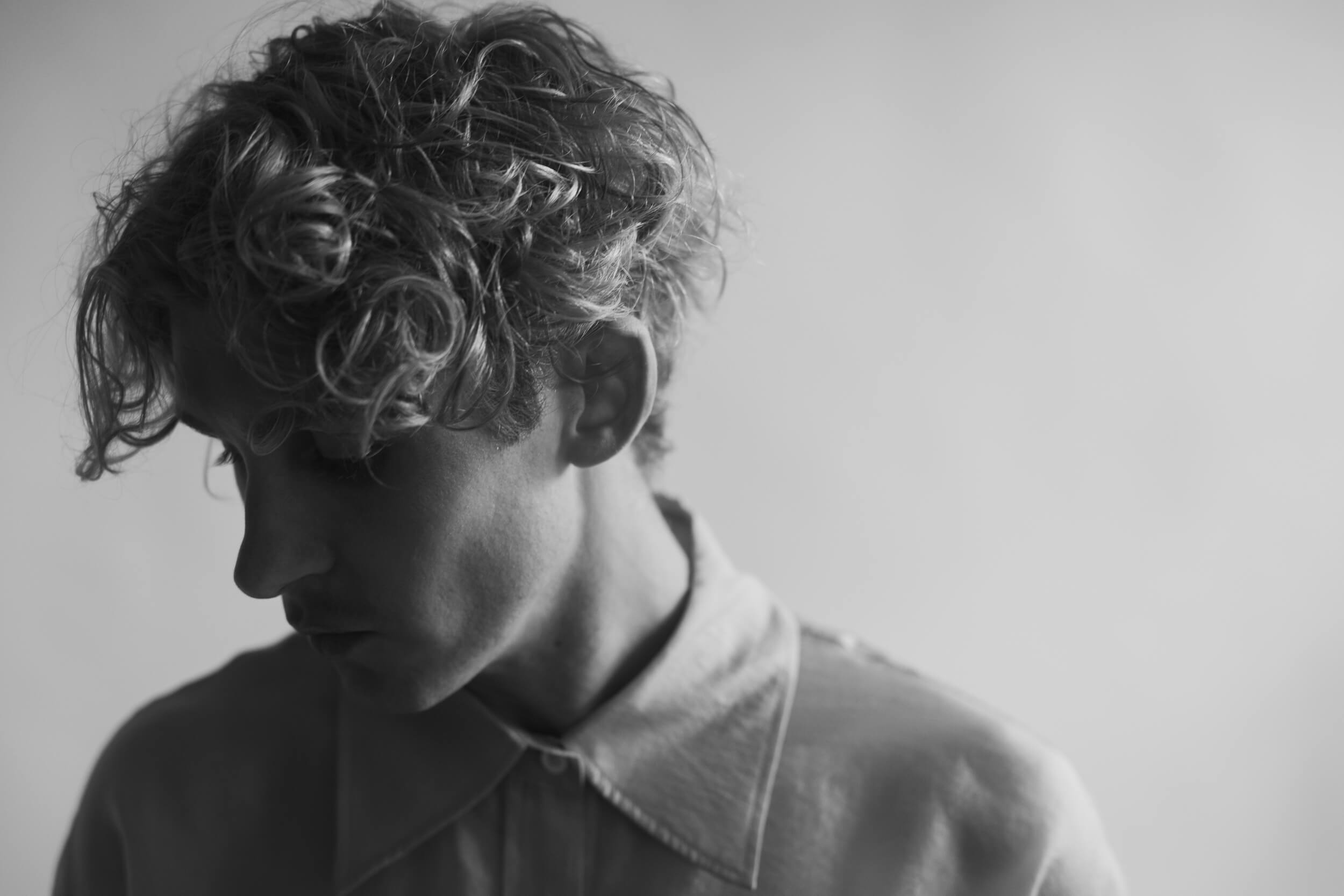
And so that’s why you found inspiration in something completely different from the world of “House of Guinness”.
Yeah, because whenever I’m really moved by a piece of art in any medium, I always walk away from that, just being so excited about being an artist and being in the industry that I’m in. It happens so often that I see a film that I love and I’m just like, “Oh, I feel so lucky that I get to get to do this” and it makes me want to get to make more.
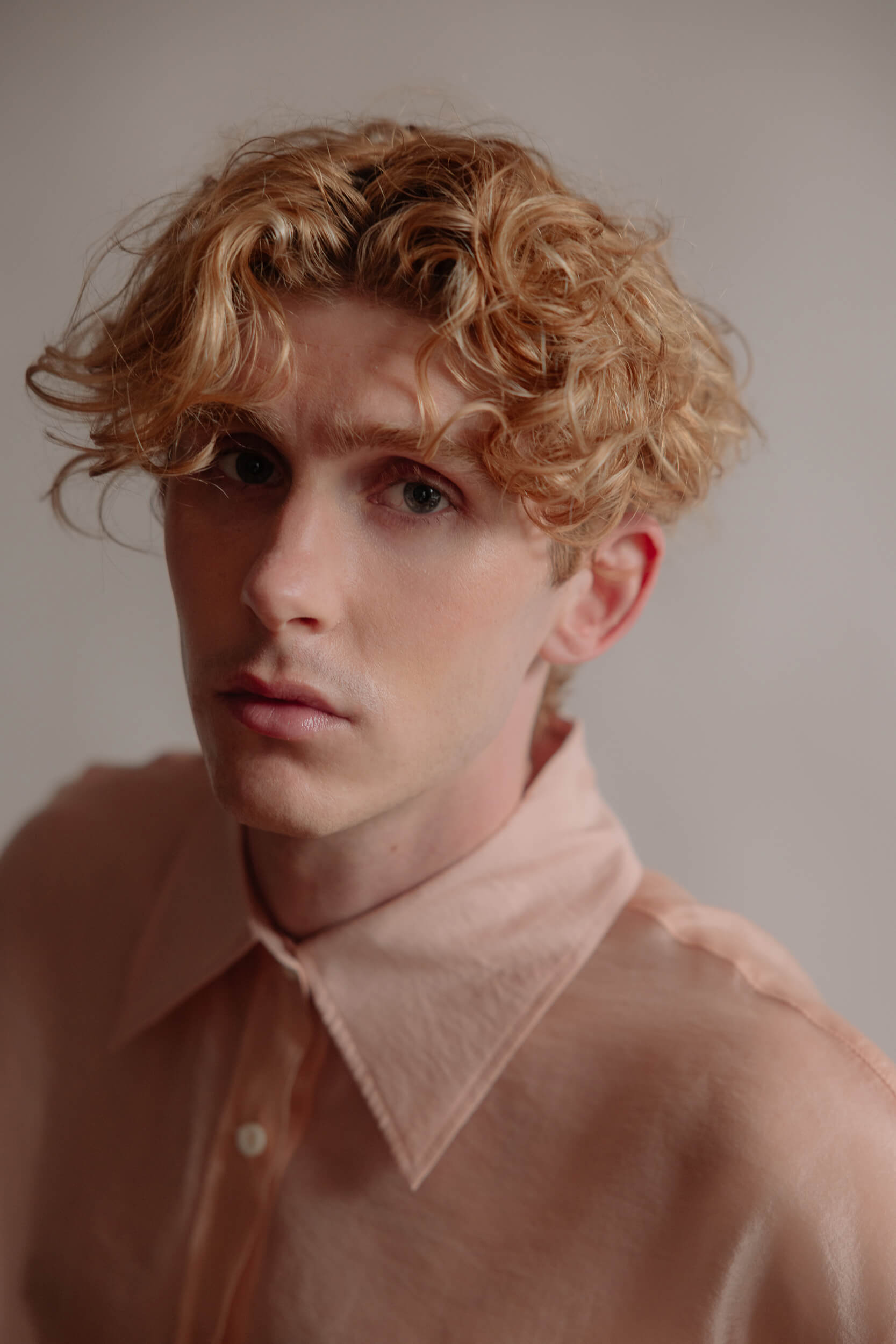
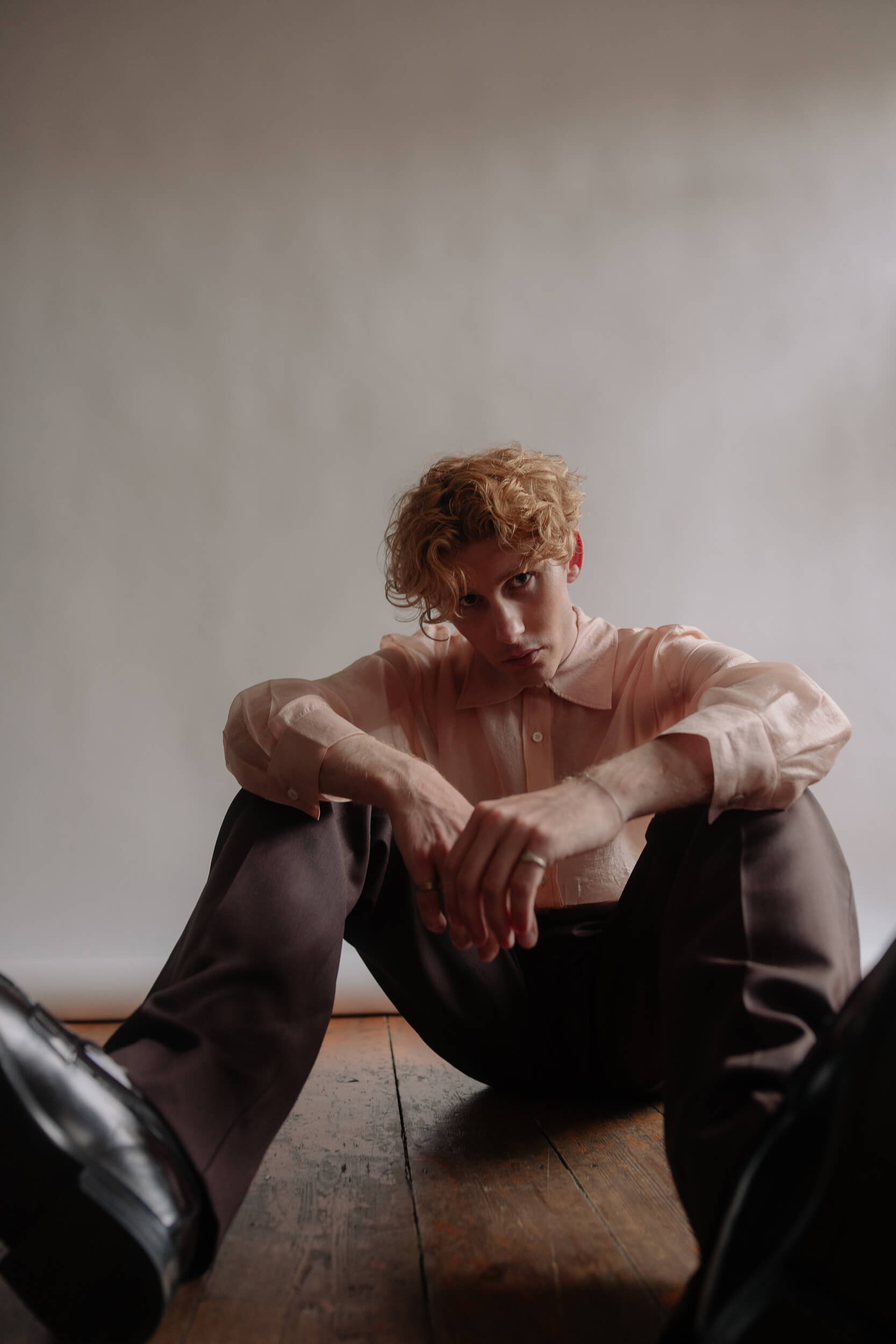
And when you first read the script of “House of Guinness”, what part of Ben intrigued you the most, his demons, his relationships, or his inner conflict or something like that?
I was really affected by that character. You know, sometimes you read a part, and you understand who that person is right away – I think with Ben, I didn’t understand who he was right away, but I wanted to know so much more. Stephen writes these brilliant characters, but they challenge you in ways that you haven’t been challenged before. So, with Ben, there was an opportunity there to go to a place I hadn’t been before and be challenged in ways I hadn’t been challenged before. There was so much about Ben and the scripts that made me want to do it.
Something really interesting about Ben is that he can feel quite contemporary in how quick he is to express how he feels – I think it’s quite a contemporary trait. He doesn’t really subscribe to a lot of the propriety of that time, with the way he holds himself, the way he speaks, the way he expresses himself. I was just so fascinated by him, and I couldn’t stop thinking about him.
You know, in the initial stages of production, I only had one script – when I read it, I understood the decisions he was making, but I wasn’t in his head. That was a challenge that I was really welcoming.
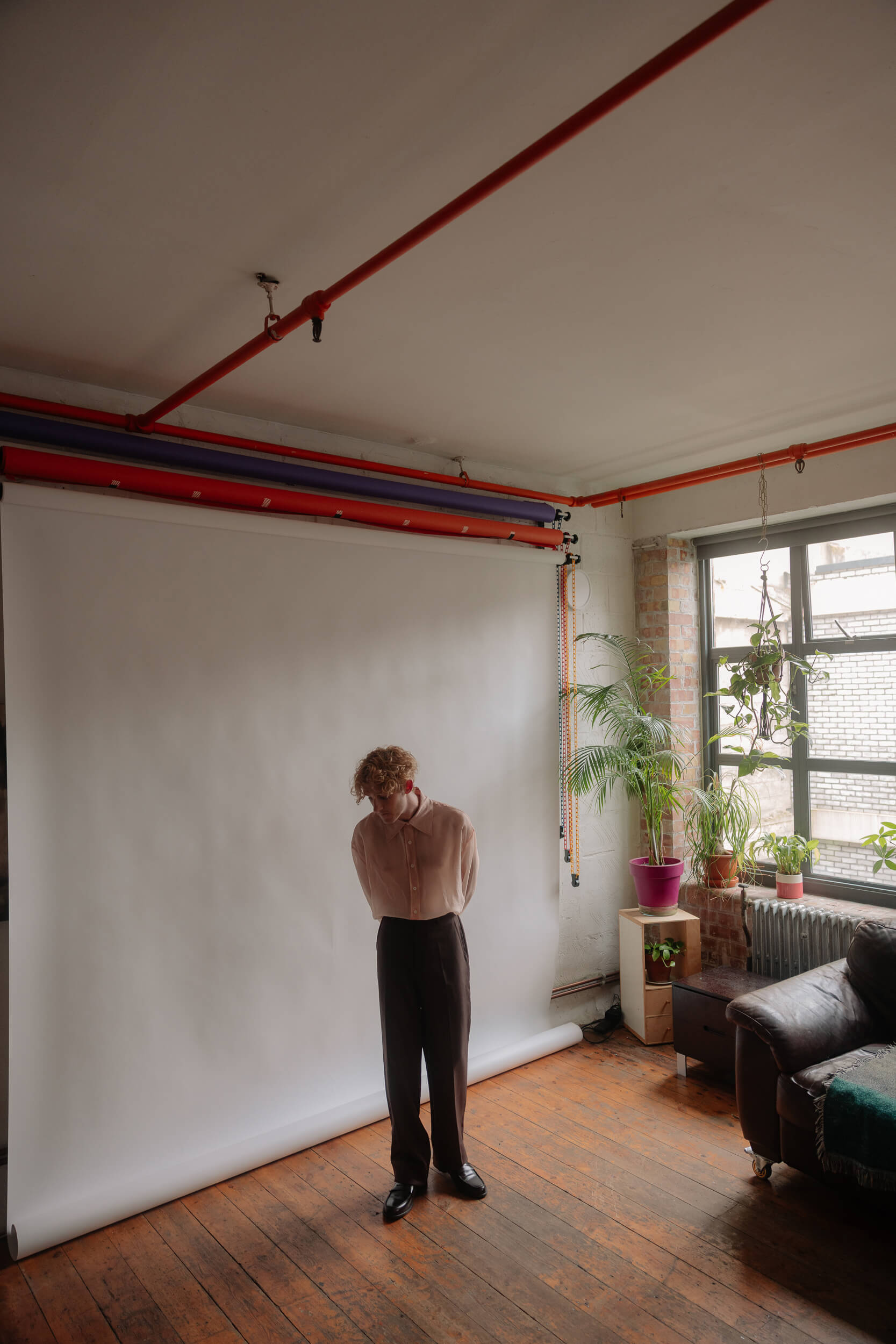
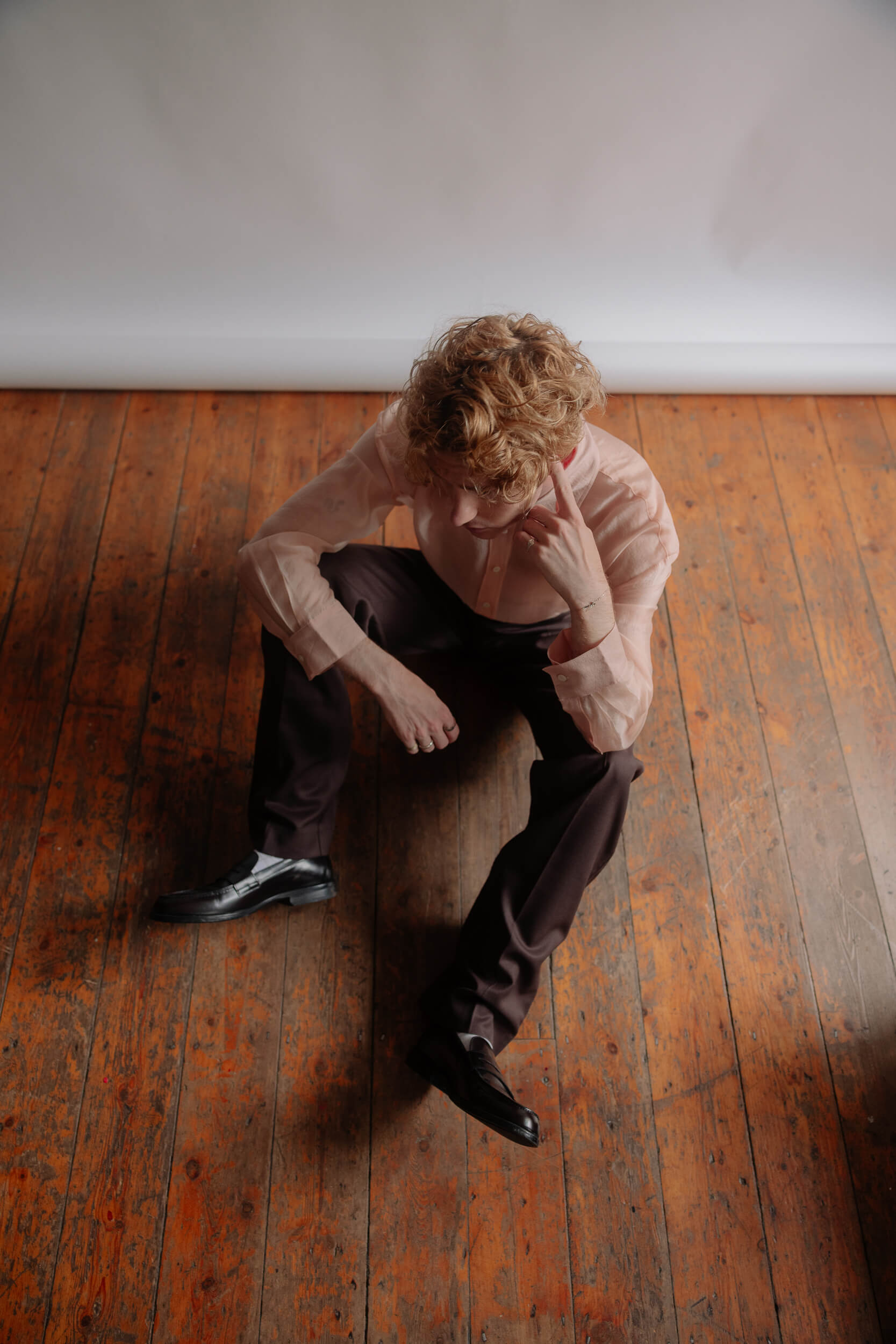
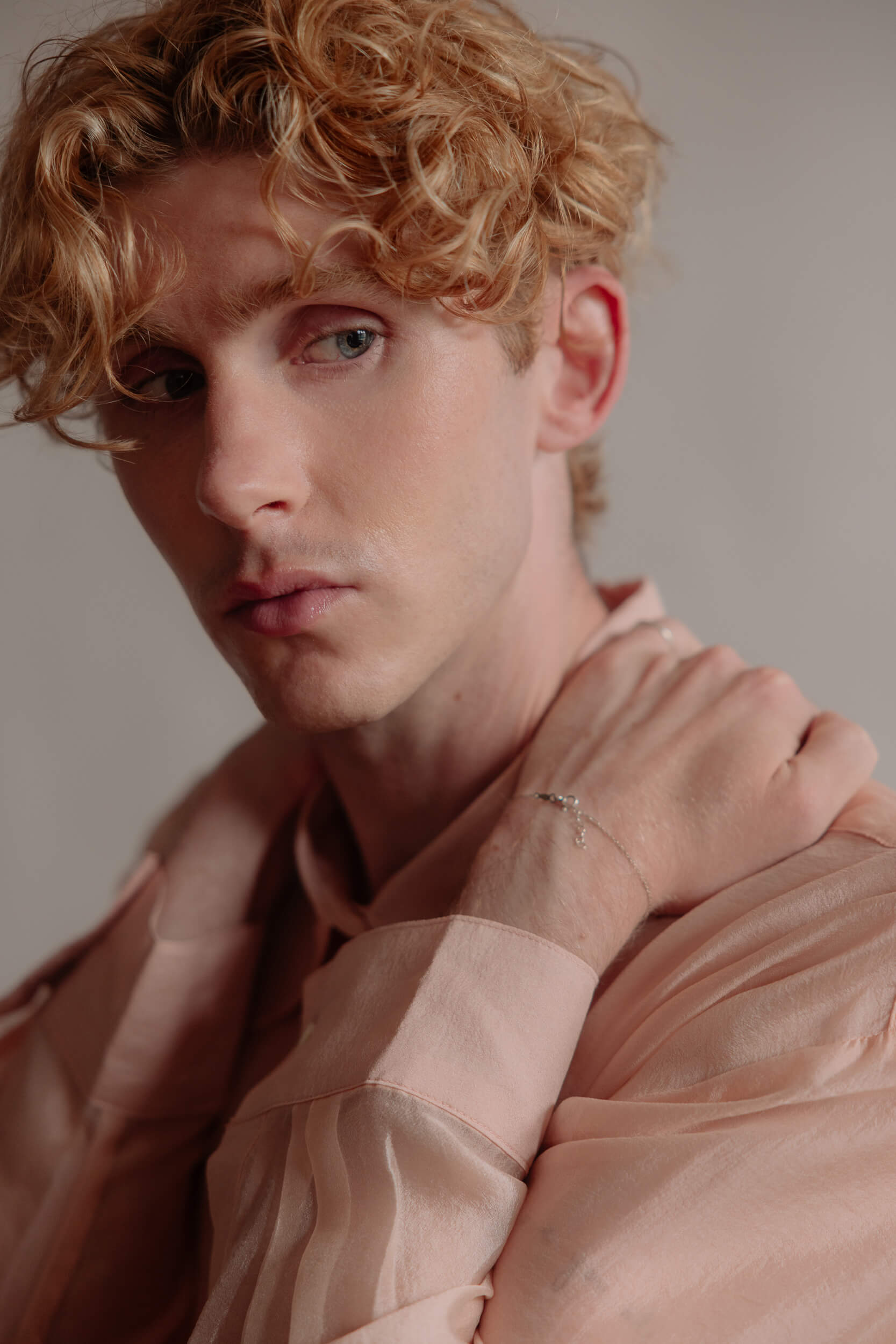
At some point, Ben says that he feels like a ghost in his own home. How did you prepare emotionally to embody that very ugly sense of invisibility, which I think is the worst you can feel?
I read the book “Wild Houses” by Colin Barrett four or five months before I knew that I was going to do “House of Guinness”, and there’s a very interesting passage which I thought for whatever reason could be useful at some point. But I had no idea that it would have been useful for the next thing that I was going to work on. In fact, I went back and revisited it and understood it summed up Ben, or it summed up maybe how Ben got to where he is when we first see him in the show.
A lot of the preparation was, of course, reading the scripts over and over and conversations with Tom [Shankland] and Munya [Akl], our two directors, but there was also just a lot of time spent journaling and in isolation. Going back to your point about being a ghost in your own home, I think one of the things that is so damaging for Ben is that all of his thoughts are unarticulated, and they’re just festering in his head. So, I guess part of the prep was just time spent in isolation to be alone with your thoughts as much as Ben is with his, but then also to try and do it in a way that’s a lot healthier than the way that he’s doing it.
Yeah, it can be dangerous sometimes to spend too much time alone with your thoughts.
Right, it’s important that you make sure to have a healthy work-life balance.
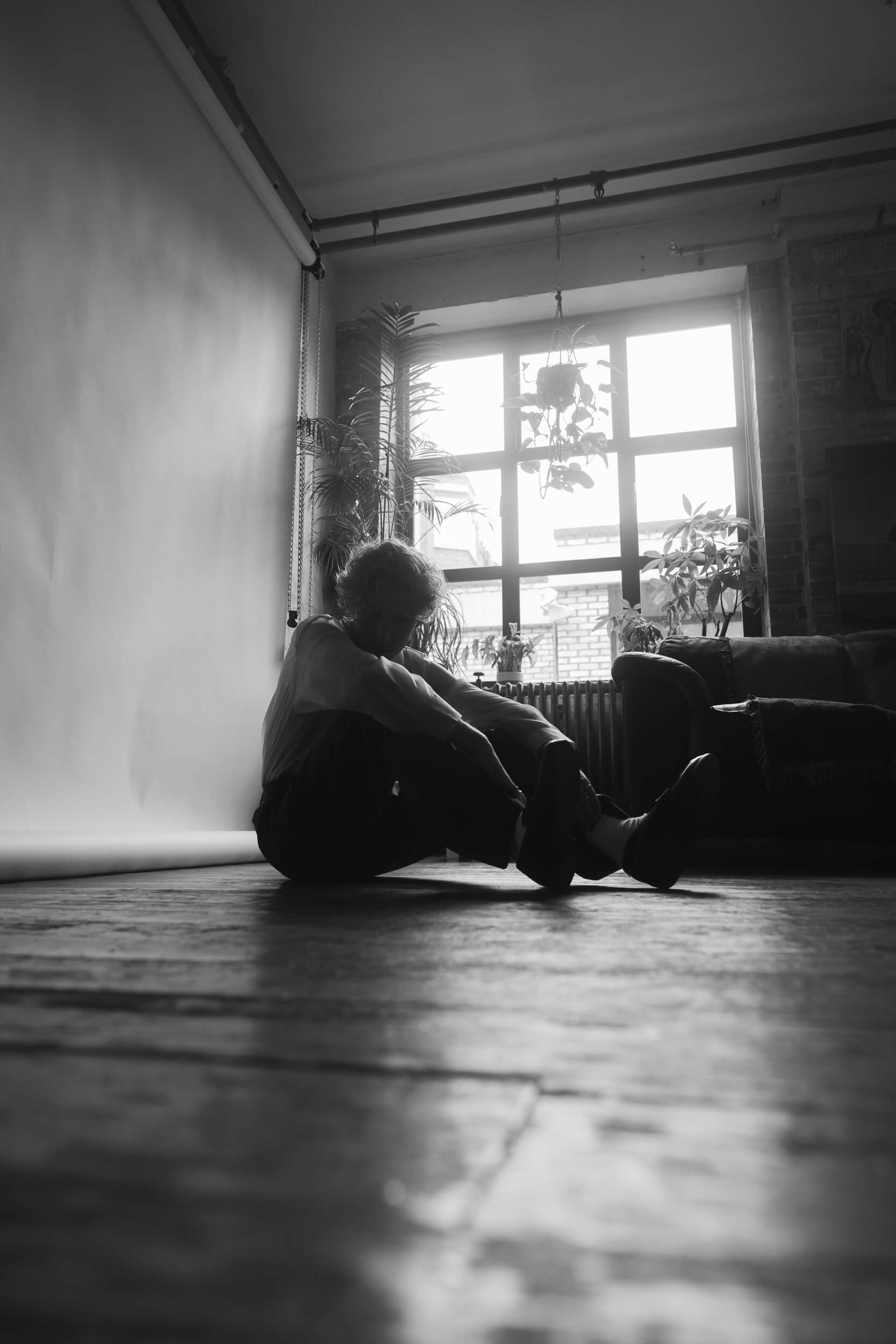
“I think one of the things that is so damaging for Ben is that all of his thoughts are unarticulated, and they’re just festering in his head.”
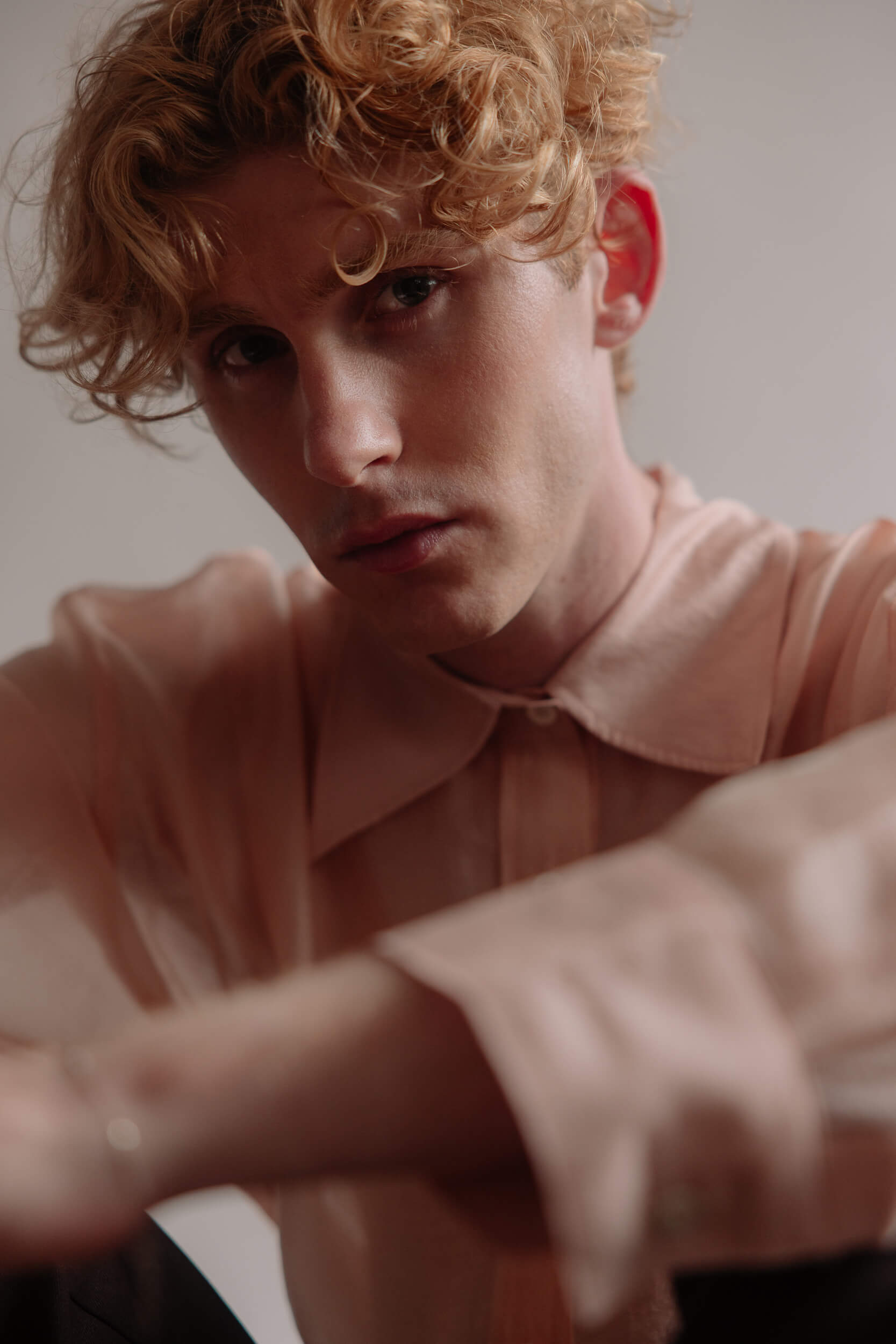
Totally. Going back to the show, I think period dramas are very fun, but they can be hard to ground in realism. Did you do any specific research to make it as “real” as possible?
Yeah, sometimes period dramas can be very staid, stuffy and boring. Whereas this one – and this is true for any of Stephen’s other work, as well – feels so fresh, fizzy and exciting.
We went through some like etiquette training – we had a brilliant person come in and teach us the etiquette of the time – but a lot of it, for the people in the Guinness family, was to take in some of that stuff and then forget about it completely. I think something that is unique to this show is that you see these four young people move around some incredibly opulent spaces with ease and comfortability, and that’s just how they grew up. I guess sometimes you see period dramas that feel very prim and proper, and of course, there’s some amazing period dramas that are like that, but I think it’s also nice to have the other side of it.
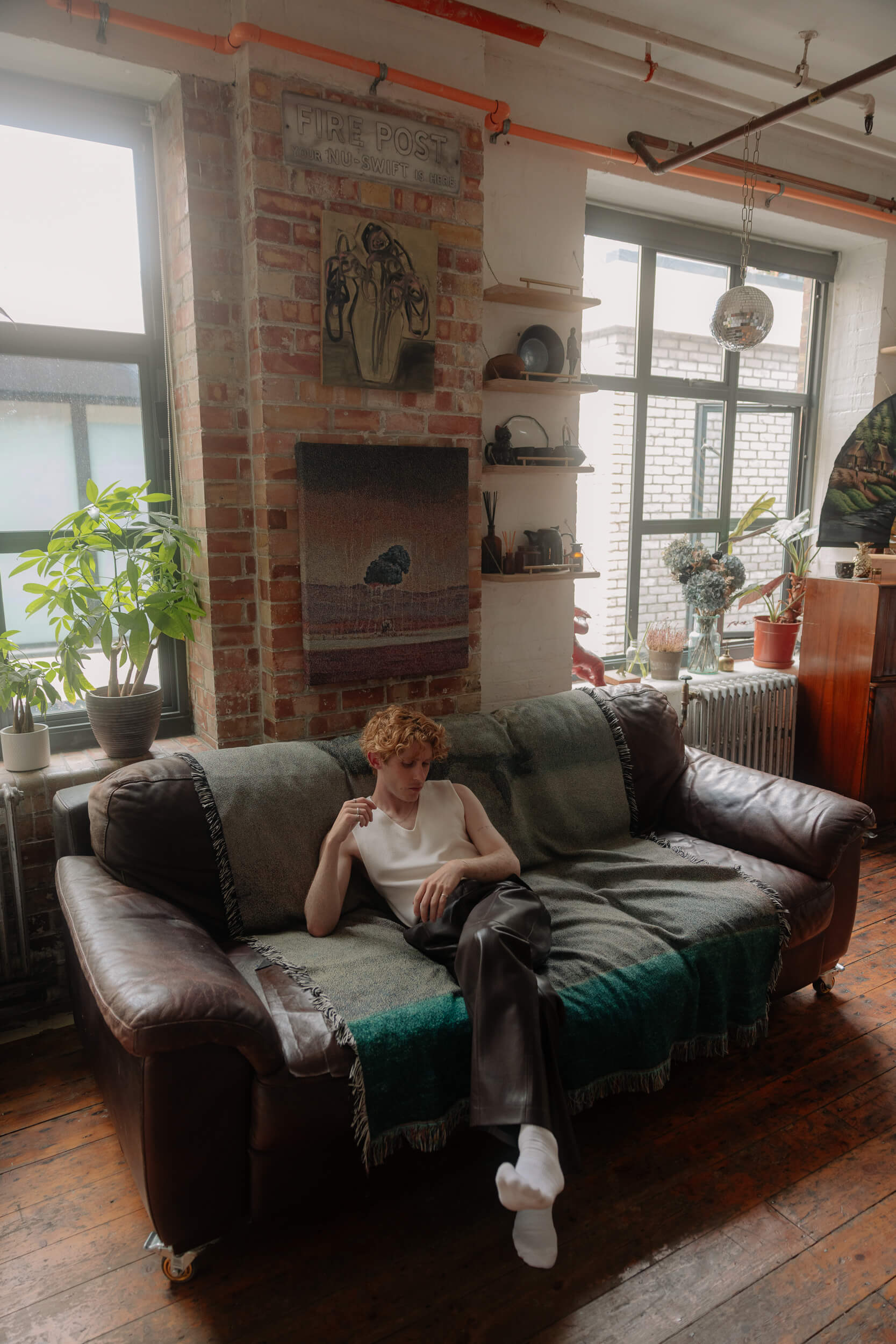
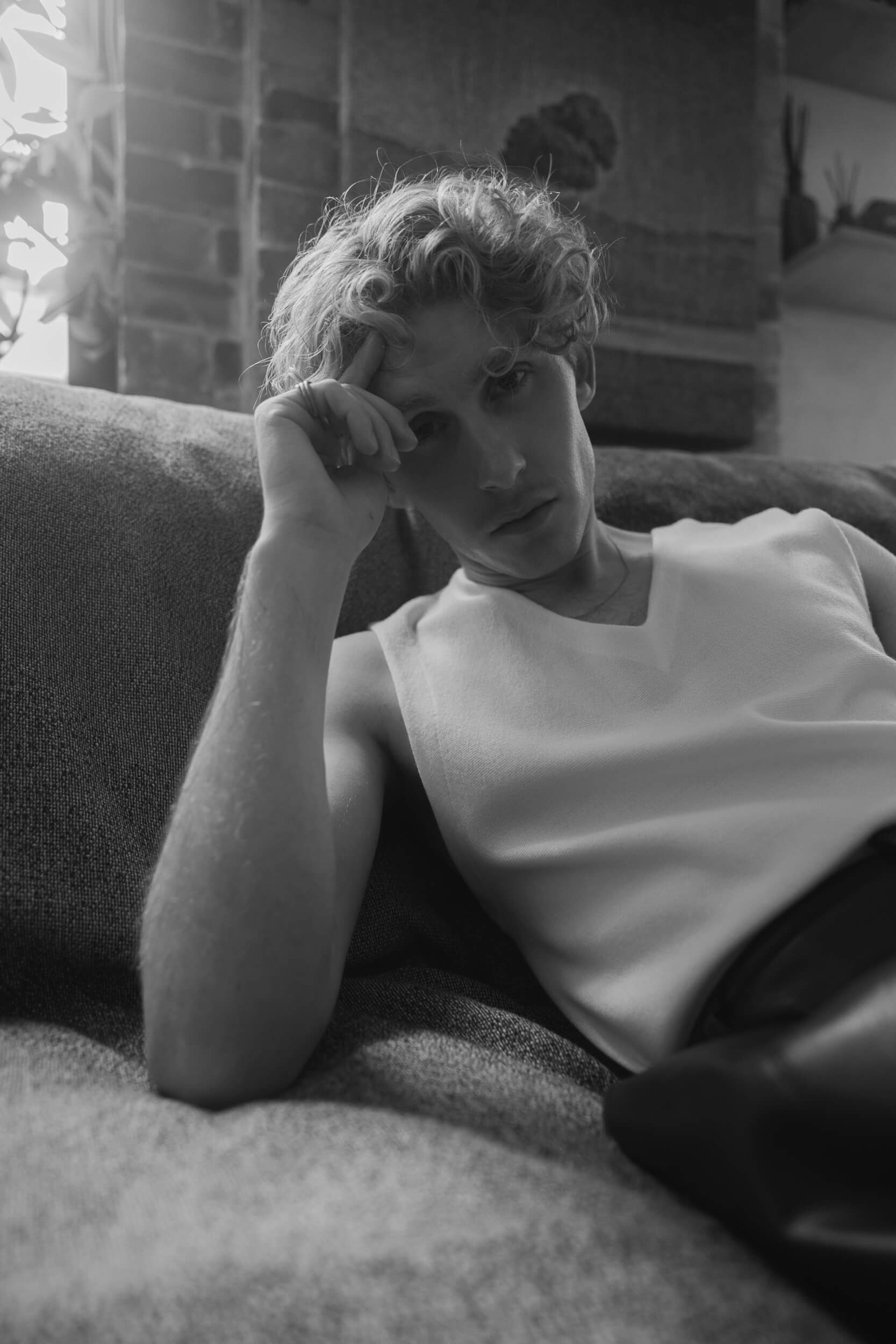
Yeah, totally. I heard that you didn’t film in Ireland.
Yeah, we filmed in Manchester and Liverpool, where Manchester doubled for New York because there’s streets in Manchester that look identical to New York. You know, Netflix looked into filming in Dublin, but logistically, it was just impossible.
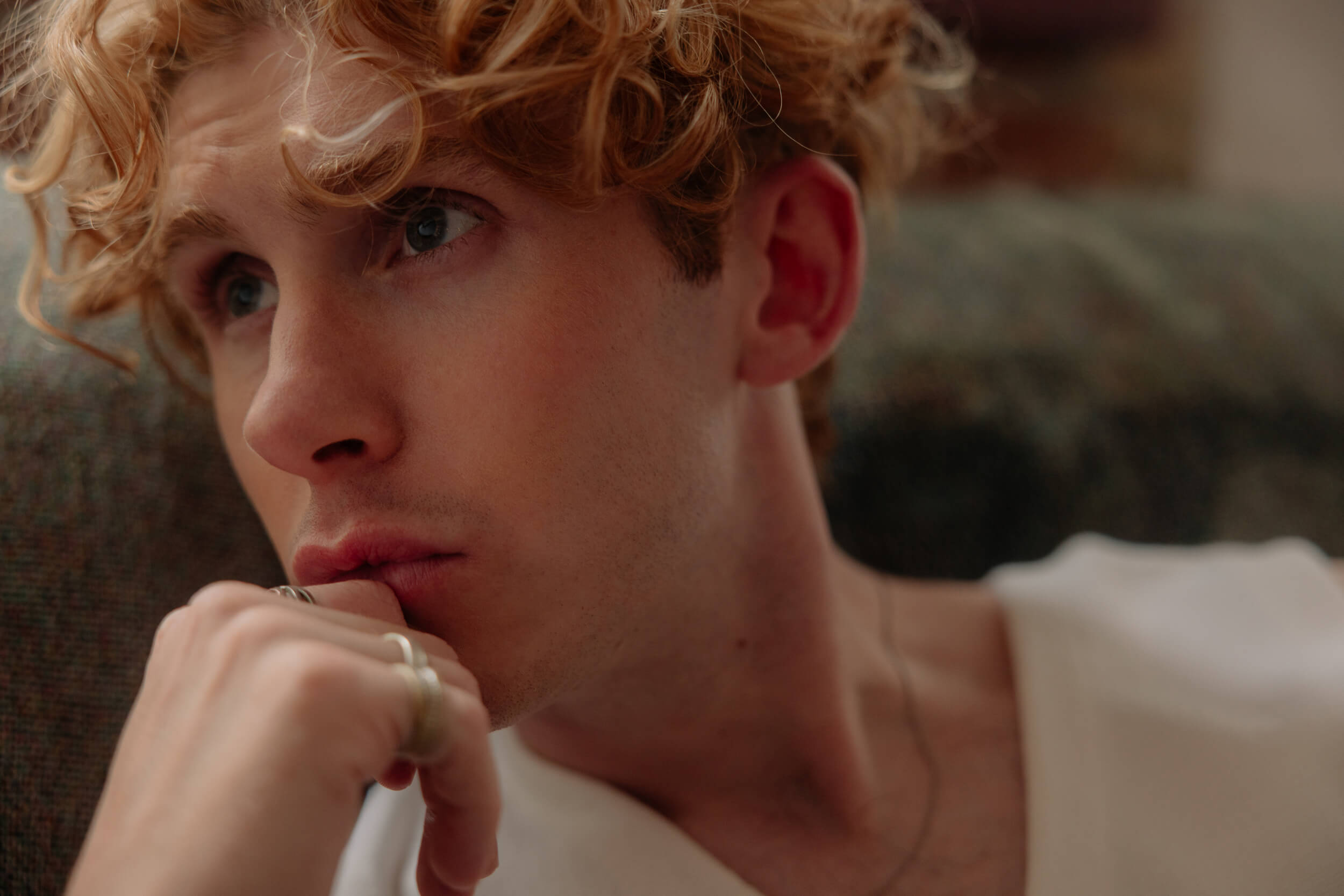
And how did these filming locations affect your portrayal of Ben, in terms of connection with his time and world?
Richard Bullock, who is the production designer, created these incredible sets that also feel lived in, you know, and that goes for the costumes and the hair and makeup, as well. Particularly Iveagh House, the Guinness Home, is not a set where you’ve got one backdrop and then there’s nothing else: you can walk around that set from room to room. We felt at home right away there, and there are such tiny details that no one will ever see that just make our jobs as actors so much easier, you know.
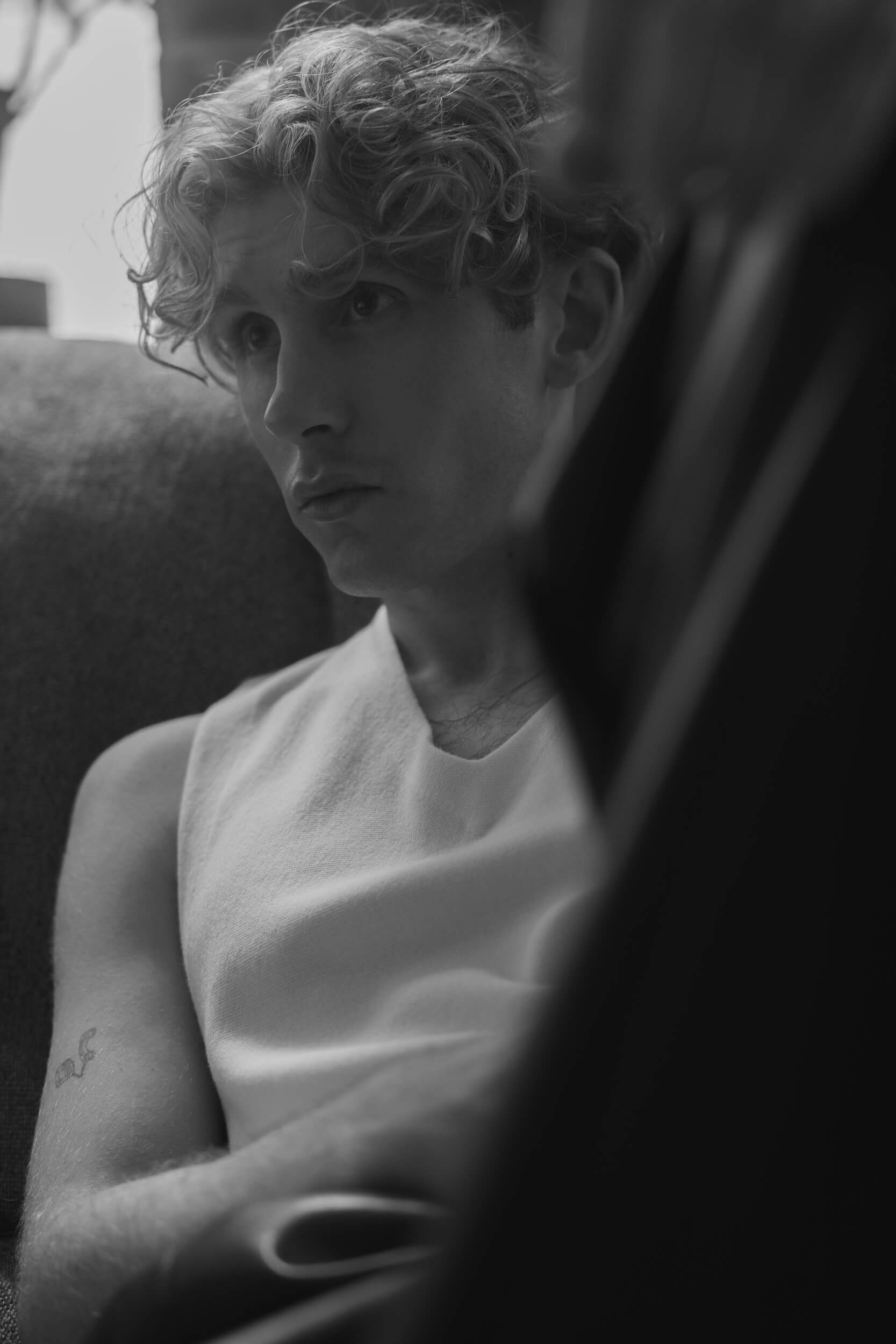
“Particularly, Iveagh House, the Guinness Home, is not a set where you’ve got one backdrop and then there’s nothing else: you can walk around that set from room to room.”
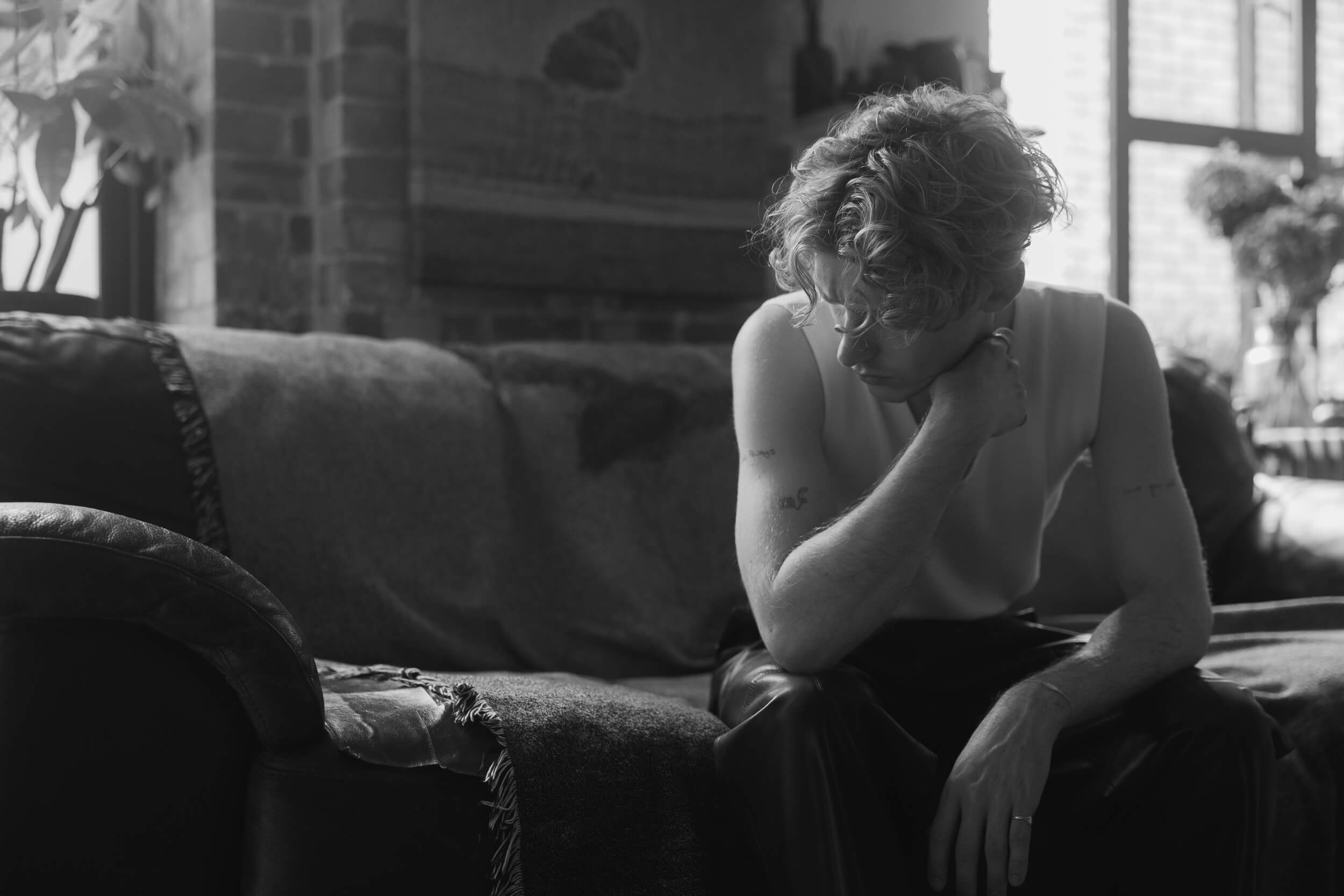
Like what? Which details helped you get in the mood?
It can be something as small as little trinkets that belong to the characters or documents that are references to things that happen in the show, but they’re in the deep background, out of focus. This means that if you’re walking around the set and you want to pick something up, you must be careful because everything is just so perfect. We got to that set while it was being built because we were there for prep, as well, and seeing that empty studio space becoming what they created was mind-blowing.
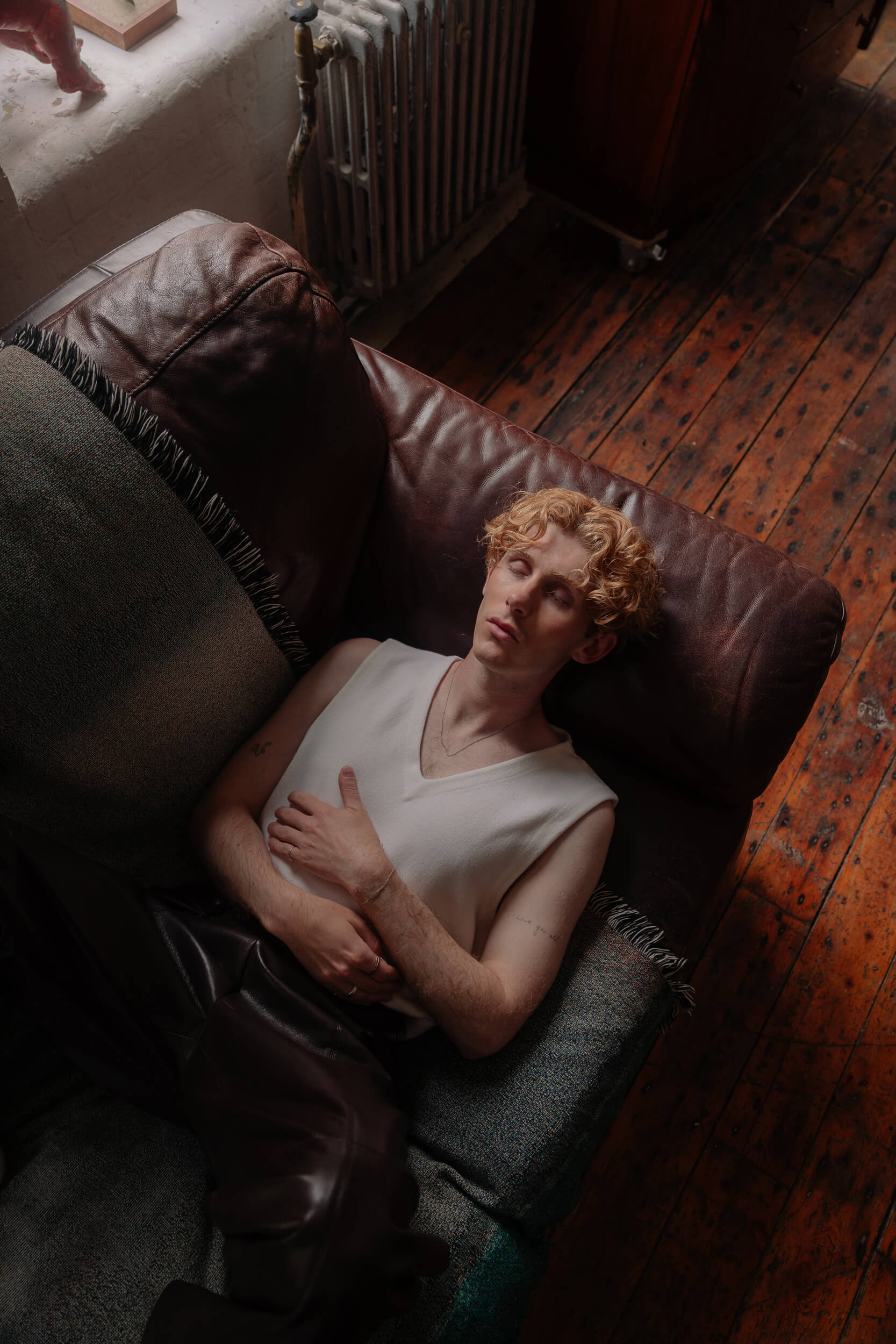
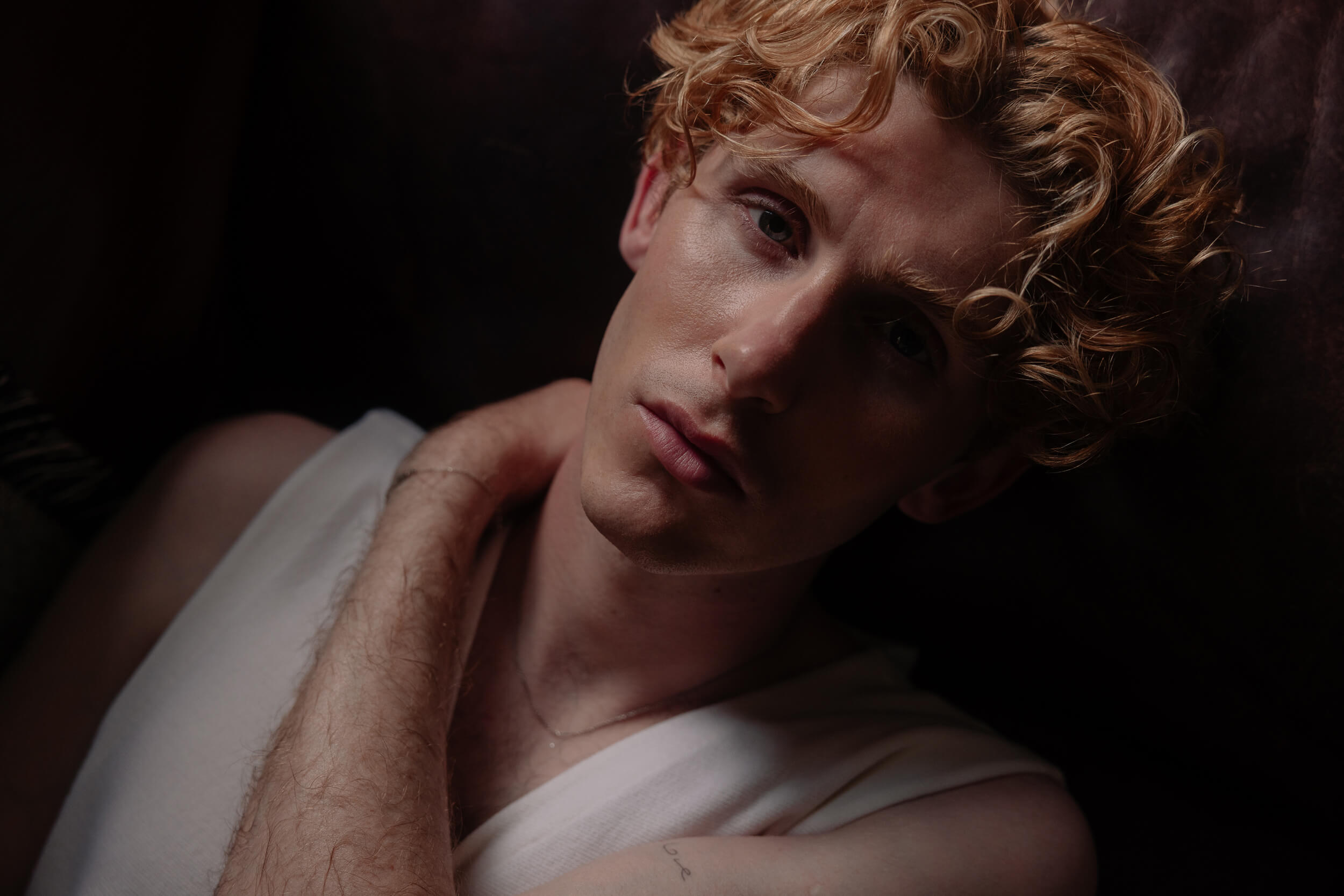
Of course. Then, at some point in the show, Ben reaches a moment where he has what he thought he wanted, but nothing has really changed, in a way. What does that moment say about Ben? What future do you see for him?
I think that that’s probably the scariest moment for him. He’s gotten, like you said, everything he thought he that would have made him happy, and nothing has changed. The scary thing for him, at that point, is that he has to look inward and not outward. While what’s scary for the family is that he has things to lose at that point, too. Ben has left a lot of people really hurt in his wake, and he’s been really destructive, and he’s at a point where it’s not just himself that he’s hurting, he’s got a wife and a kid and a career. So, now that he has something to lose, I feel like it’s his most dangerous point.
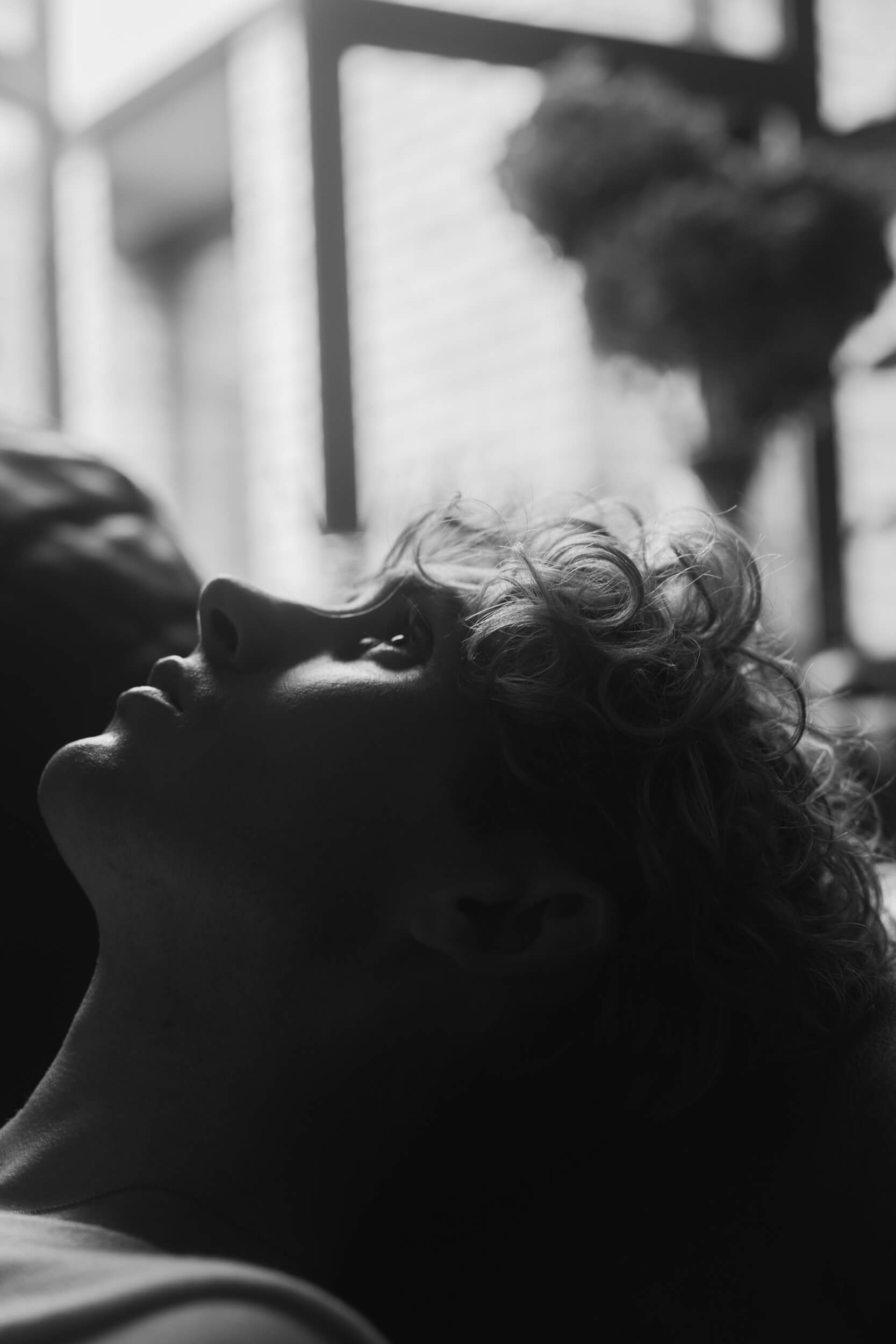
For you, as someone who grew up in Ireland and is probably familiar with the Guinness name, how has this project changed your understanding of what the Guinness family represents, both historically and culturally?
That’s a really good question. I think growing up in Ireland, I was so aware of the brand, but I wasn’t that aware of the family history. I mean, you can’t really move in Ireland without seeing an advertisement for Guinness.
In Italy as well. It’s one of the most popular beers, actually.
Really? Wow! So, I guess most of us know a lot about the brand, but not a huge amount about the family. Doing the show, I went through an education on how complicated their relationship with Irishness and with Ireland was. I had this idea of a very simple, unproblematic brewing family, while now I look at Guinness as a brand which is so synonymous with Irishness and Irish culture, but it’s also not owned by the family anymore, as it’s kind of become its own thing. So, the legacy of the brand is very different from the legacy of the family. The family made history, made huge changes culturally in Ireland by bringing in old age pensions and things like that. My great-grandfather was a beneficiary of one – he worked in the brewery. So yeah, I don’t know if my feelings towards the family have changed because I don’t think I really had any, my image was just the face of Arthur Guinness and then beer [laughs]. However, I feel like I’m more educated now, I guess.
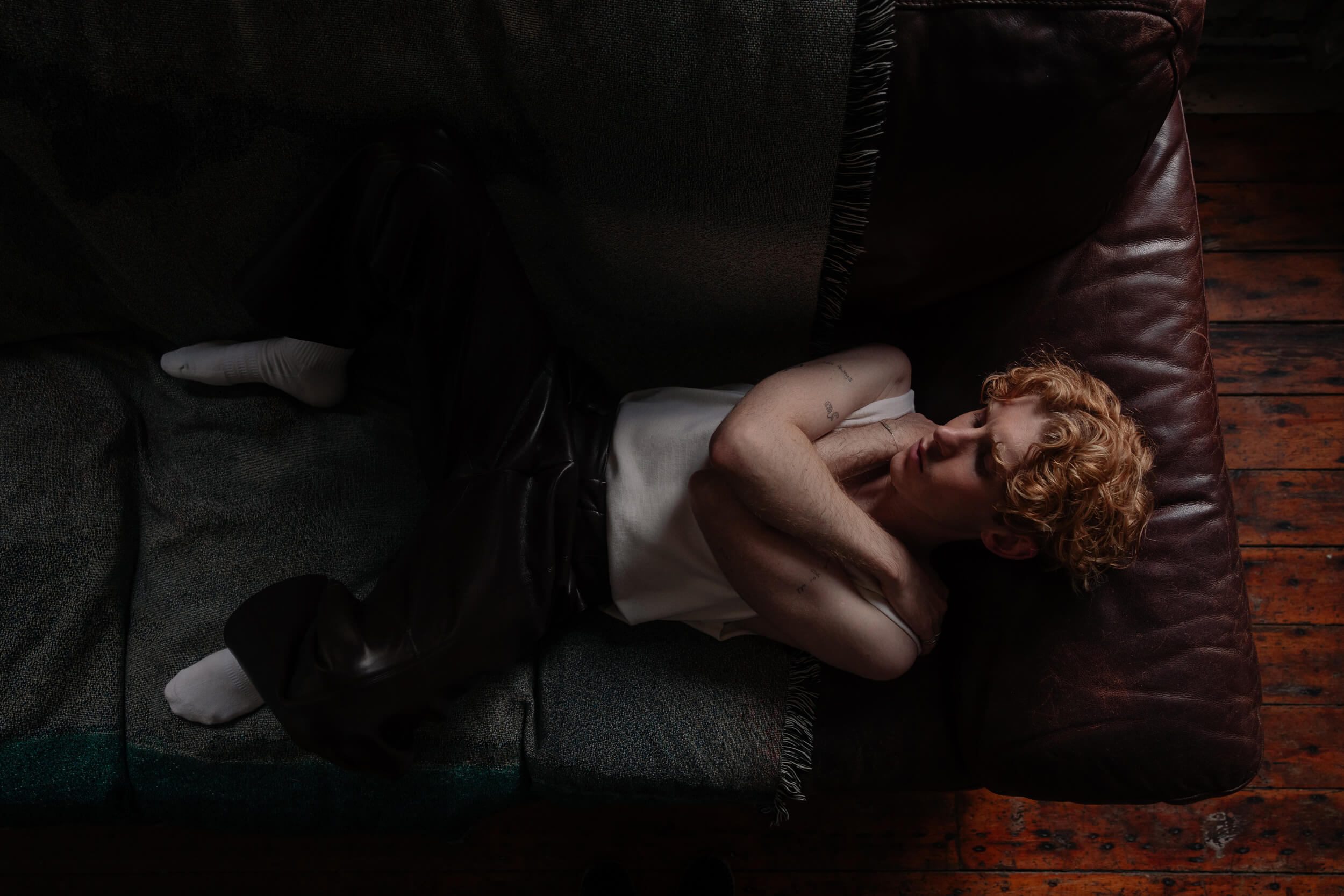
“I guess most of us know a lot about the brand, but not a huge amount about the family. Doing the show, I went through an education on how complicated their relationship with Irishness and with Ireland was.”
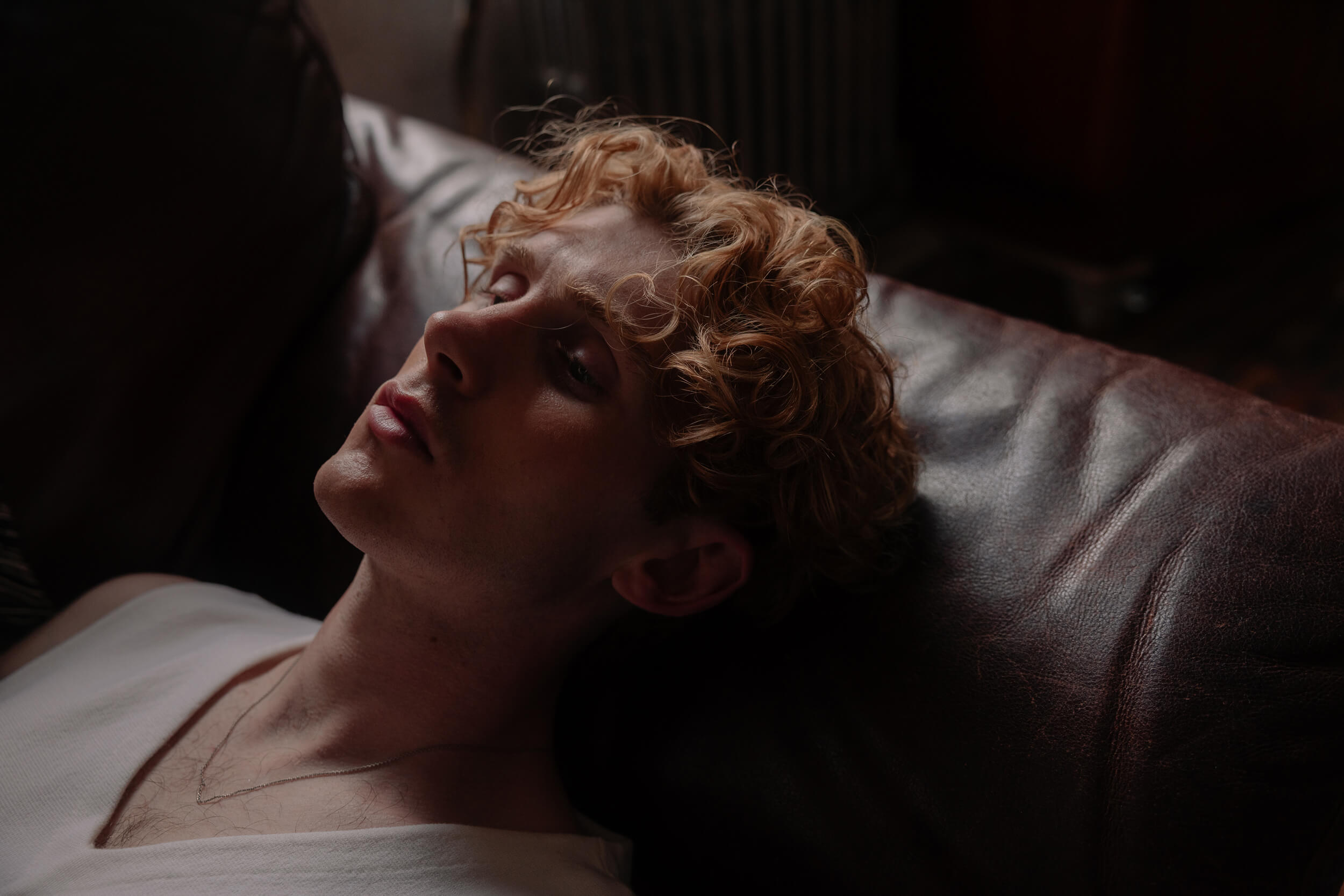
You were mentioning costumes, before. Was there a costume piece that you secretly wanted to take home from set? Because they’re amazing.
There were so many. Edward Gibbon, our costume designer, is extraordinary.
I think, if I had to pick a costume, I love Ben’s coat, so it would be that one. There’s also a waistcoat that has little flowers on it that I thought was great. Ben’s costumes are, for lack of a better term, “rock and roll”, which is also reflected in the soundtrack.
And how would you describe this show with one word?
Oh my God, that’s such a good question. Maybe swagger.
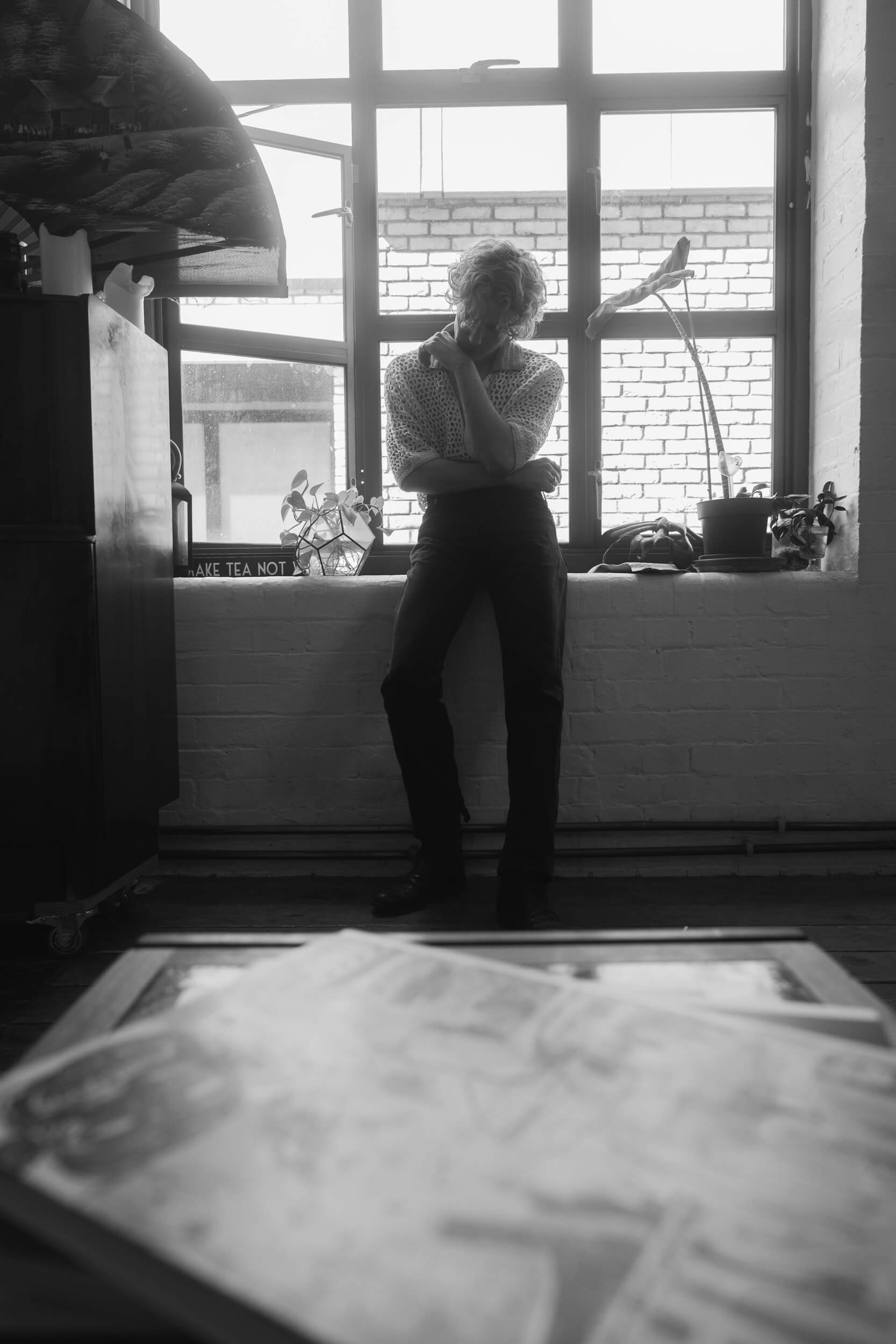
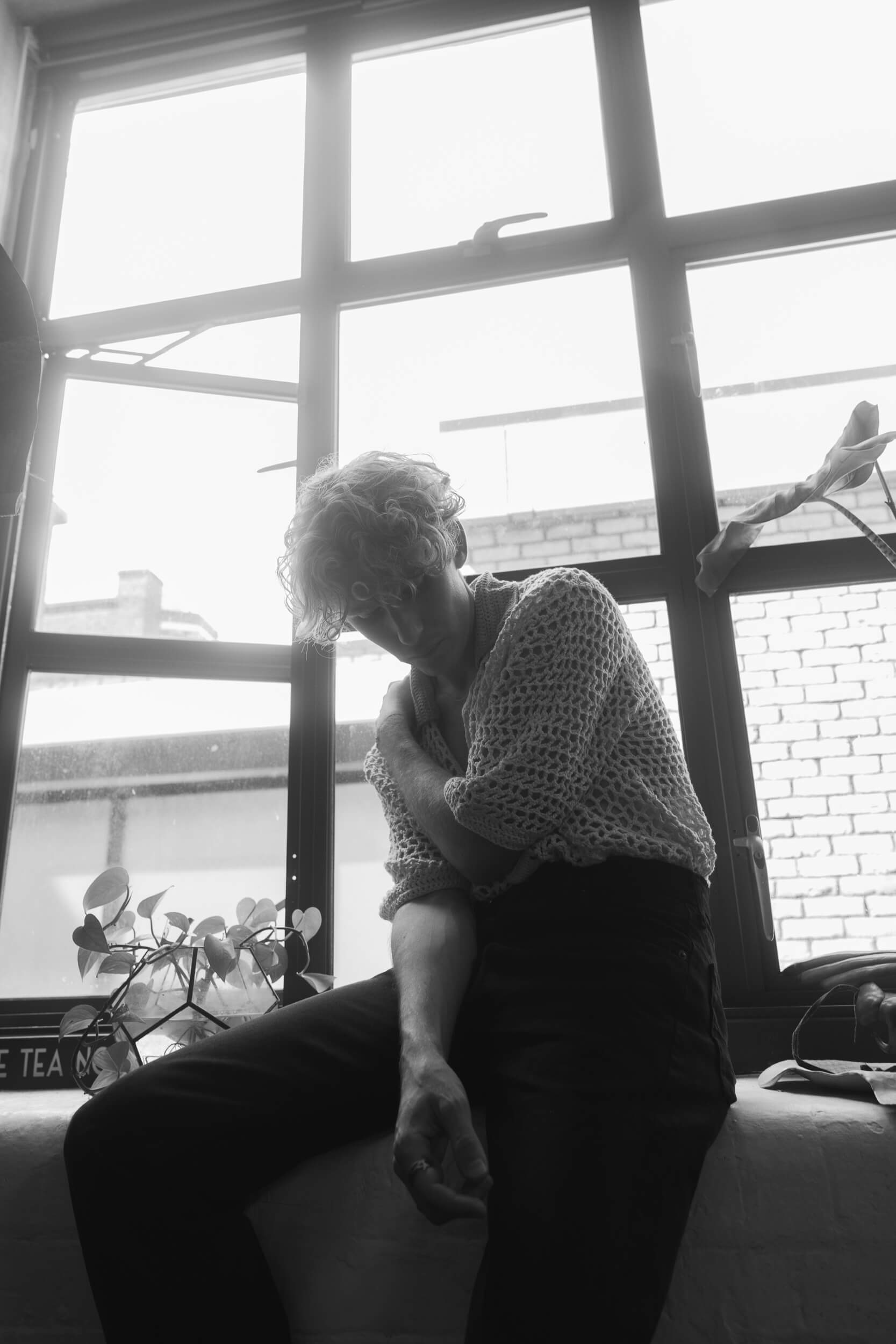
Did playing Ben make you discover anything new about Dublin’s history that surprised you or rather anything new about yourself?
It’s a really good question, again. Actually, I feel like doing this project in general made my relationship with Dublin change a little bit. I have a much deeper appreciation of the history of the city and how it relates to that family. You know, I got to go to the National Photography Archive, where they showed me some pictures of Ben’s wedding, and I had a day in Dublin where I looked at these pictures and then I walked around all the places that he would have gone to, that he kind of frequented, and I was sending Louis [Patridge] videos of Iveagh House and things like that. I think you take for granted the place that you grew up in – I knew a lot about Ireland’s history, of course, but not really Dublin or how the Guinness family affected Dublin and Ireland. So, I guess now I have a different appreciation of that history or just a deeper knowledge of it.
Do I know anything new about myself as a result? I think maybe an effect it had on me was that I really tried to practise being kinder to myself. I think we could all be kinder to ourselves. Playing Ben, I guess I attempted to implement that in my life because he really needs it in his.
And you understood the importance of that, I guess.
Yeah, definitely. Particularly playing that character, it was so important for me to do that, so I didn’t start spiraling.
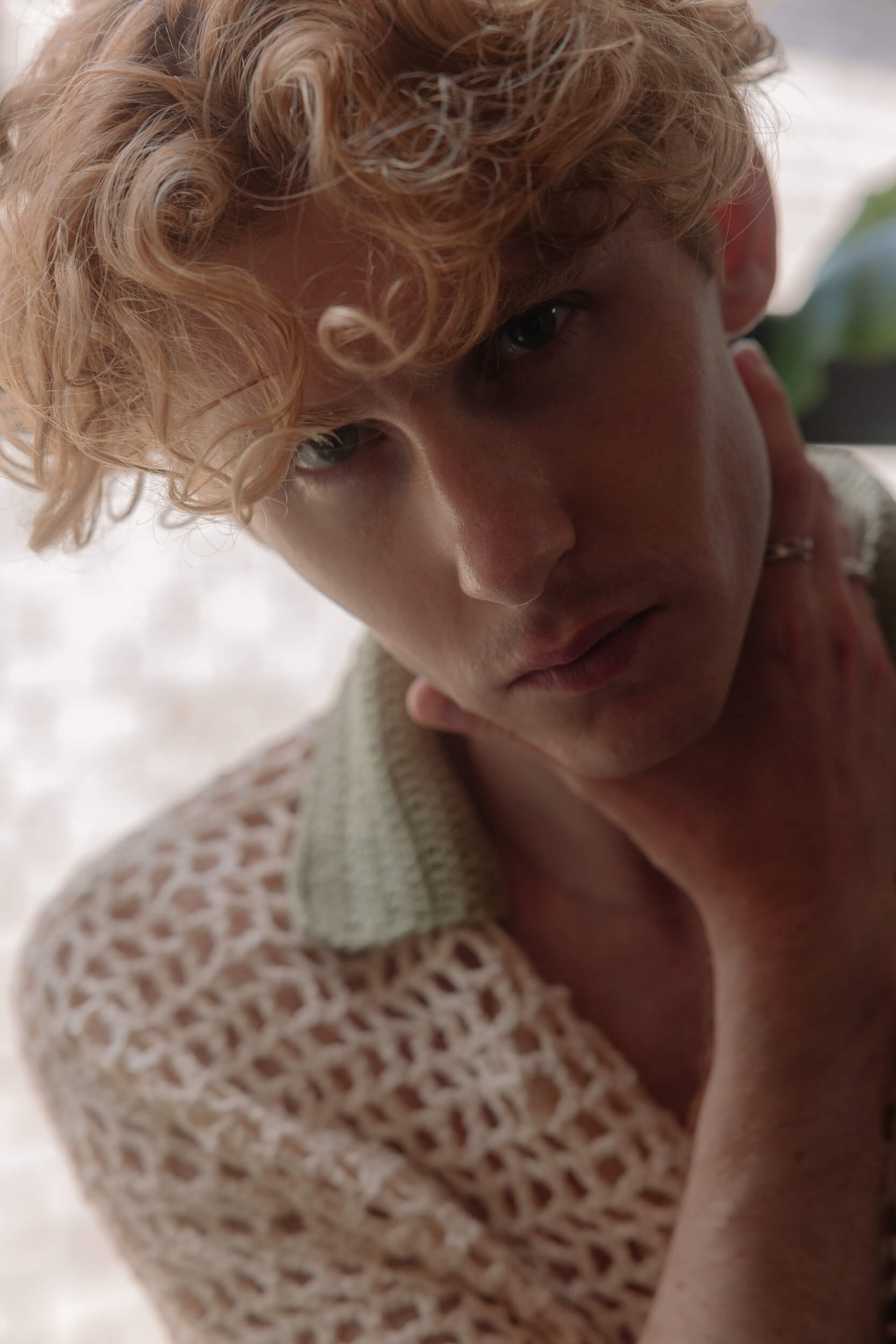
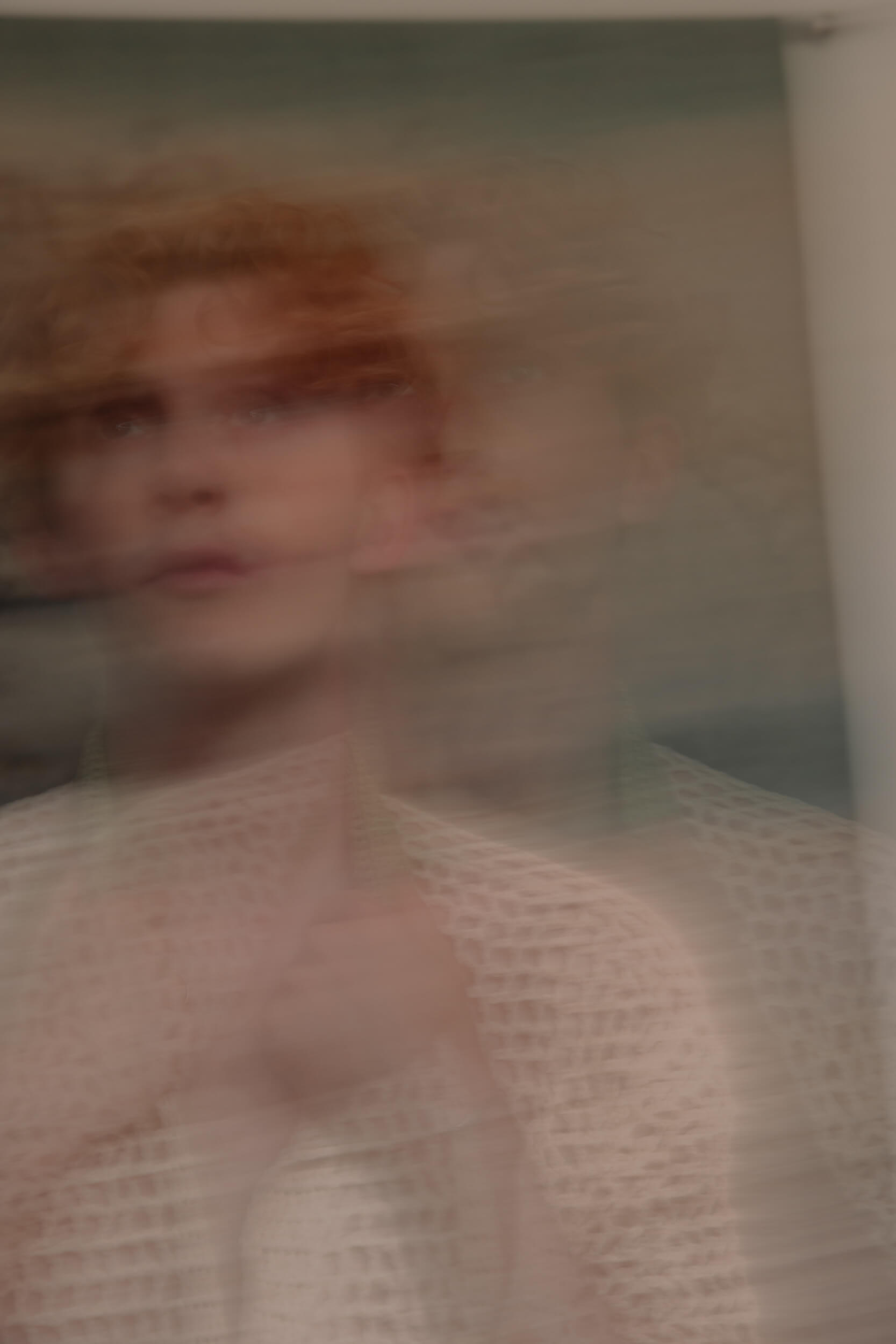
On this note, playing a character who often feels neglected, what does it mean to you to feel comfortable in your skin?
You know, one of the things that’s the most painful for Ben is that he doesn’t feel seen. I feel so lucky to be surrounded by friends and family who see me and love me and are supportive. I wish that Ben had it more in his life, because that’s what makes you feel really good.
What was your biggest act of rebellion?
I was actually a very well-behaved teenager [laughs]. So, I didn’t rebel that much. Anyway,
I guess maybe pursuing a career in acting was very different to what anyone I knew was doing, so that might be something, even though I didn’t feel like I was rebelling necessarily, because I felt very supported. But I guess that leap of faith of dropping out of university and becoming an actor was probably similar to what rebelling must feel like, somehow.
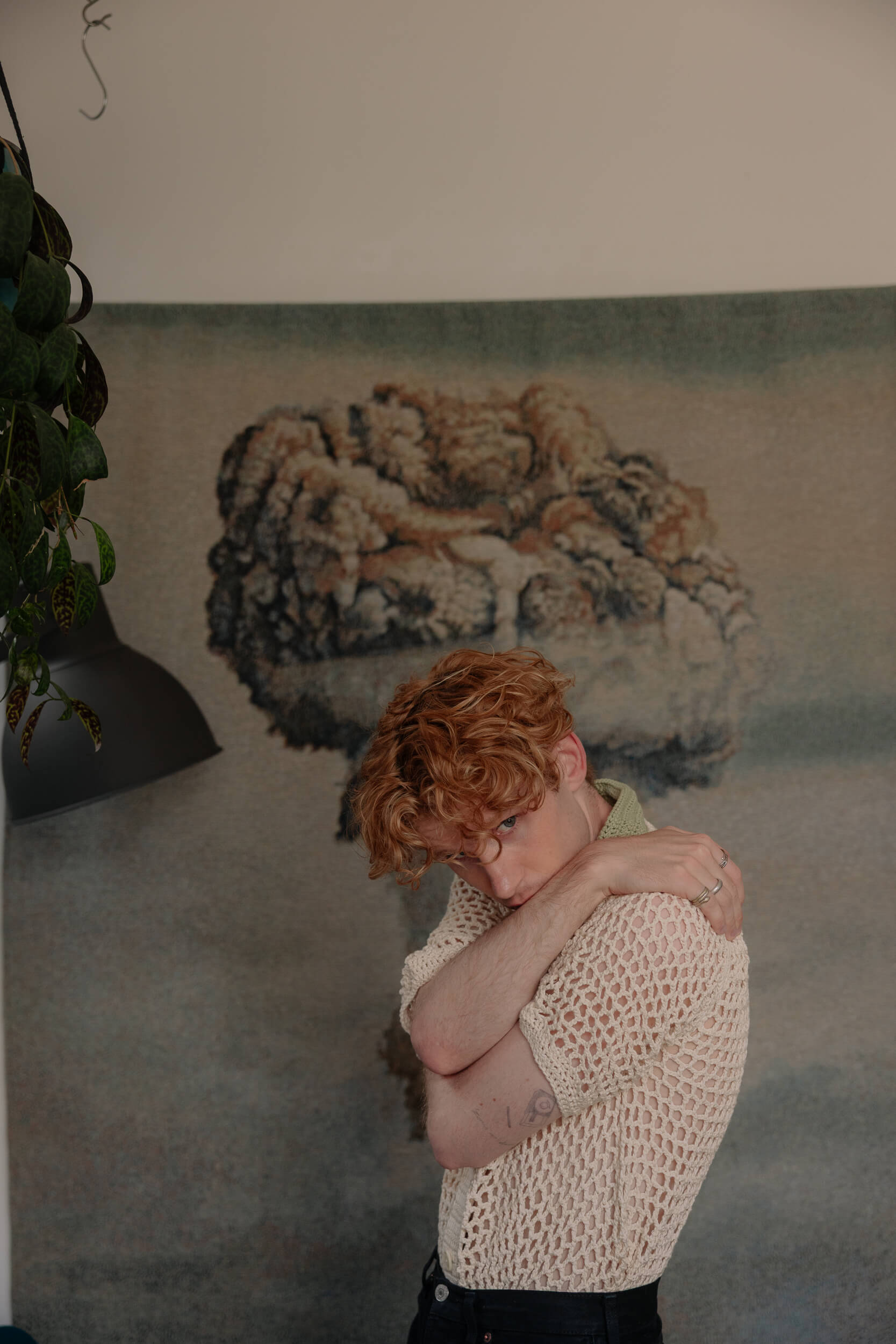
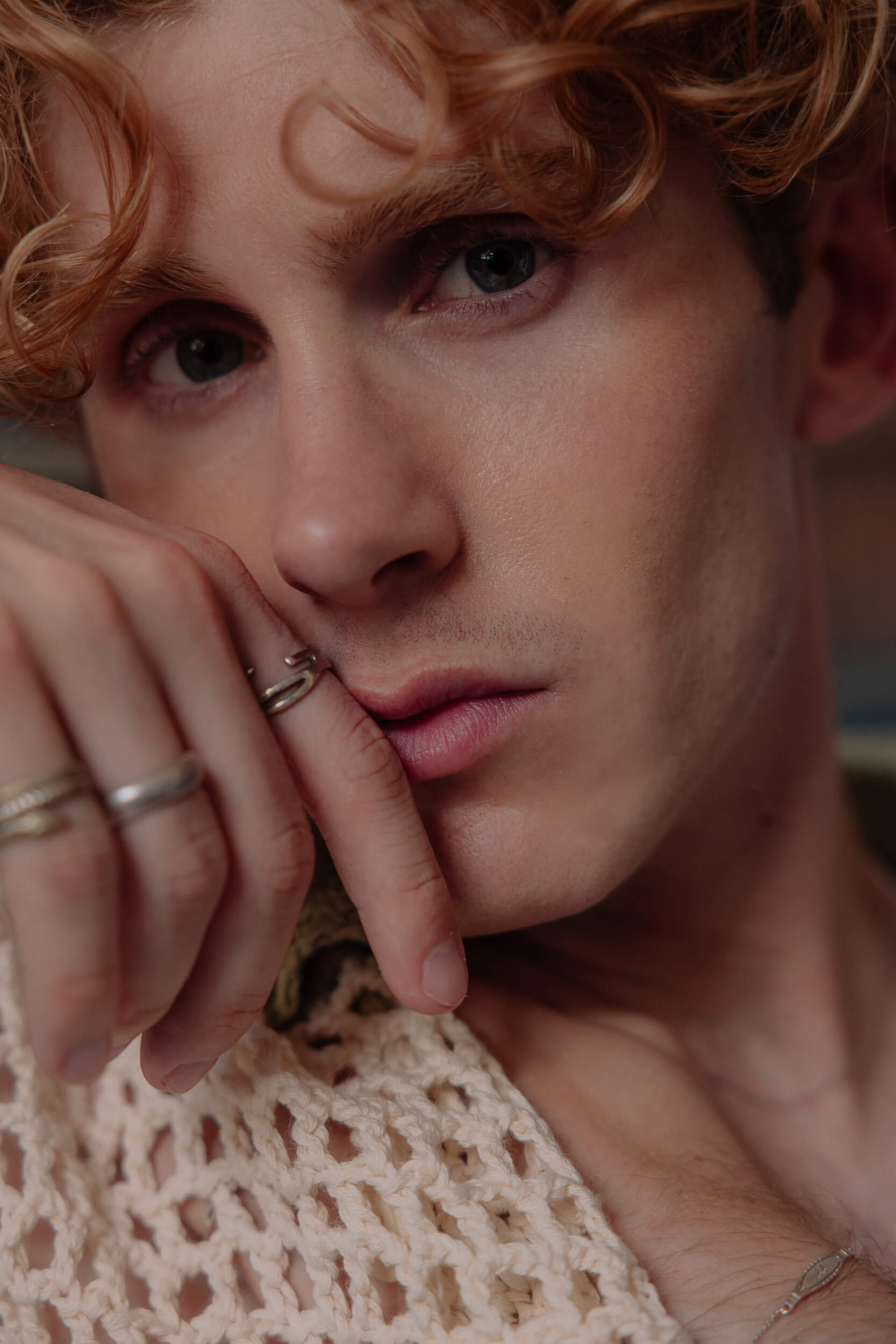
And what is the latest TV show or movie that you watched and that particularly impressed you?
“The Studio” is really good. I don’t know if you’ve watched it.
Yes, I loved it, it’s brilliant.
Yeah, I really liked it, too. I also just watched “Friendship”, the Tim Robinson film, and “True Romance”.
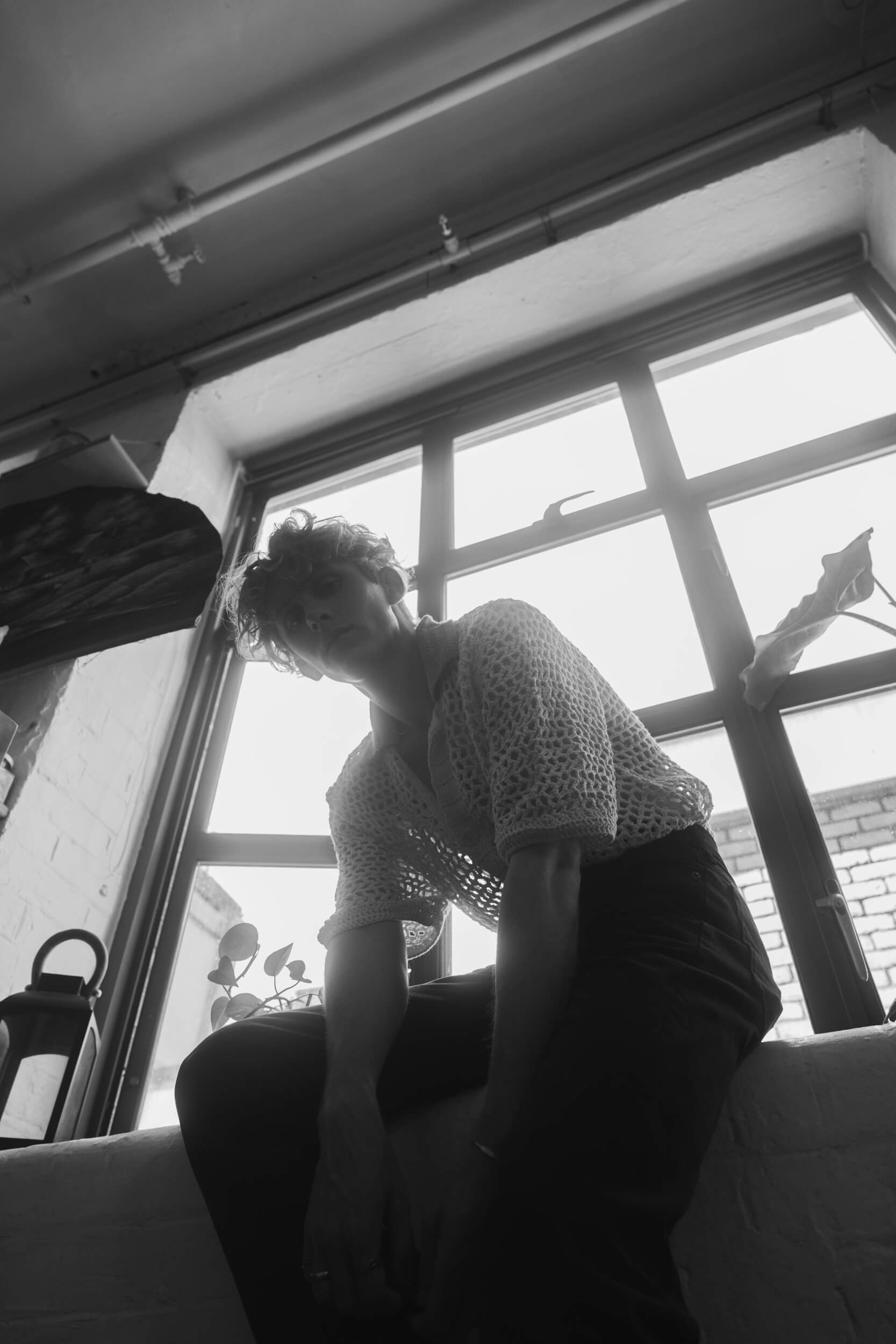
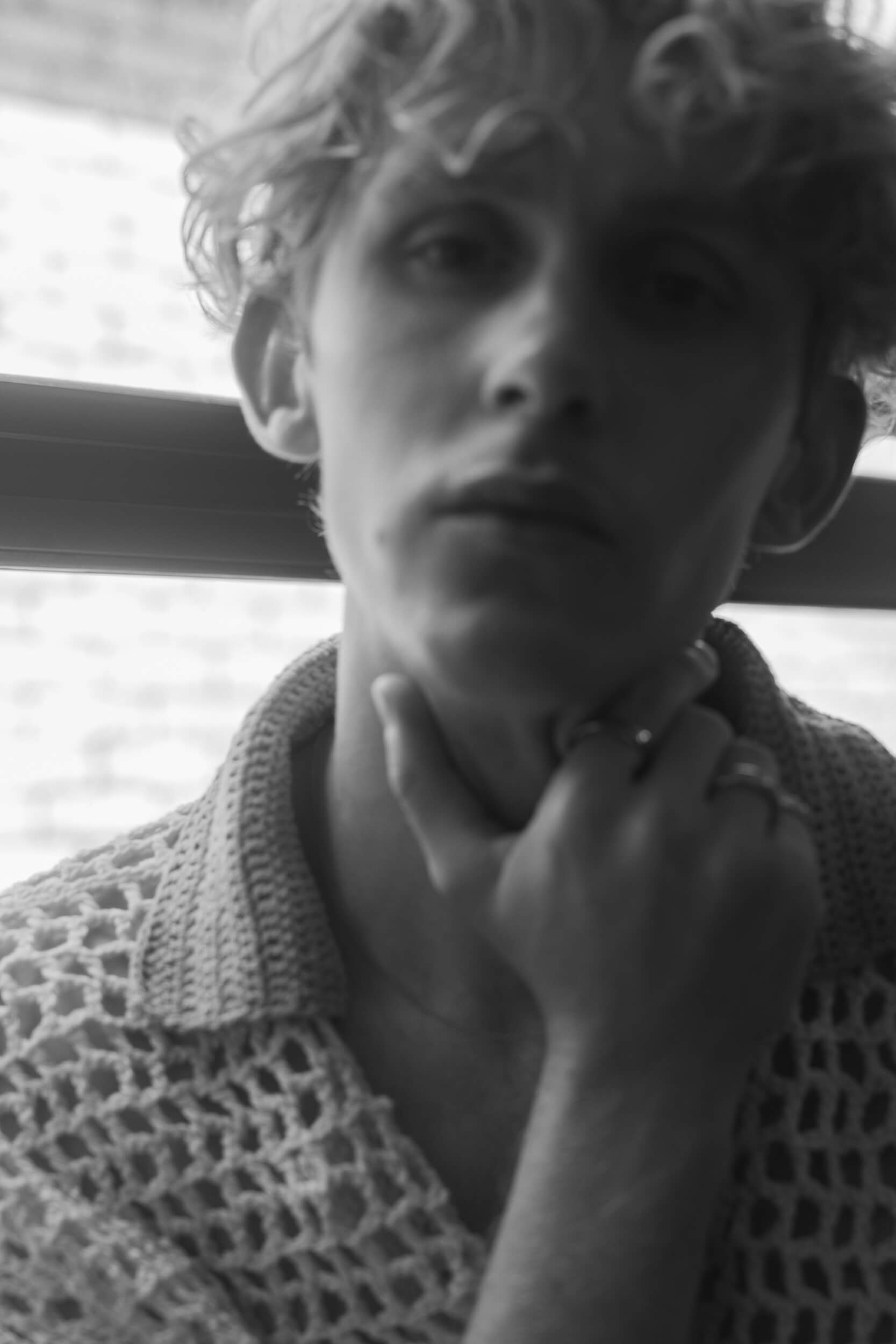
And if you had a window in front of you, what would you like to see outside now, always and forever?
Oh, that’s a good idea. So, my literal window has scaffolding and builders building something – I’d like to not have that [laughs]. But if I could have anything outside my window, in a literal sense, I’d say green space – that’s something that I didn’t realise was so important to me until after I moved away from Ireland. You know, I grew up right beside the beach and a bunch of parks in Ireland, and then I started traveling to places that didn’t really have that in the same way, and I realized I really missed it. And I’d taken it for granted as a kid. So, maybe if I could have anything outside my window it would be the ocean and some green space.
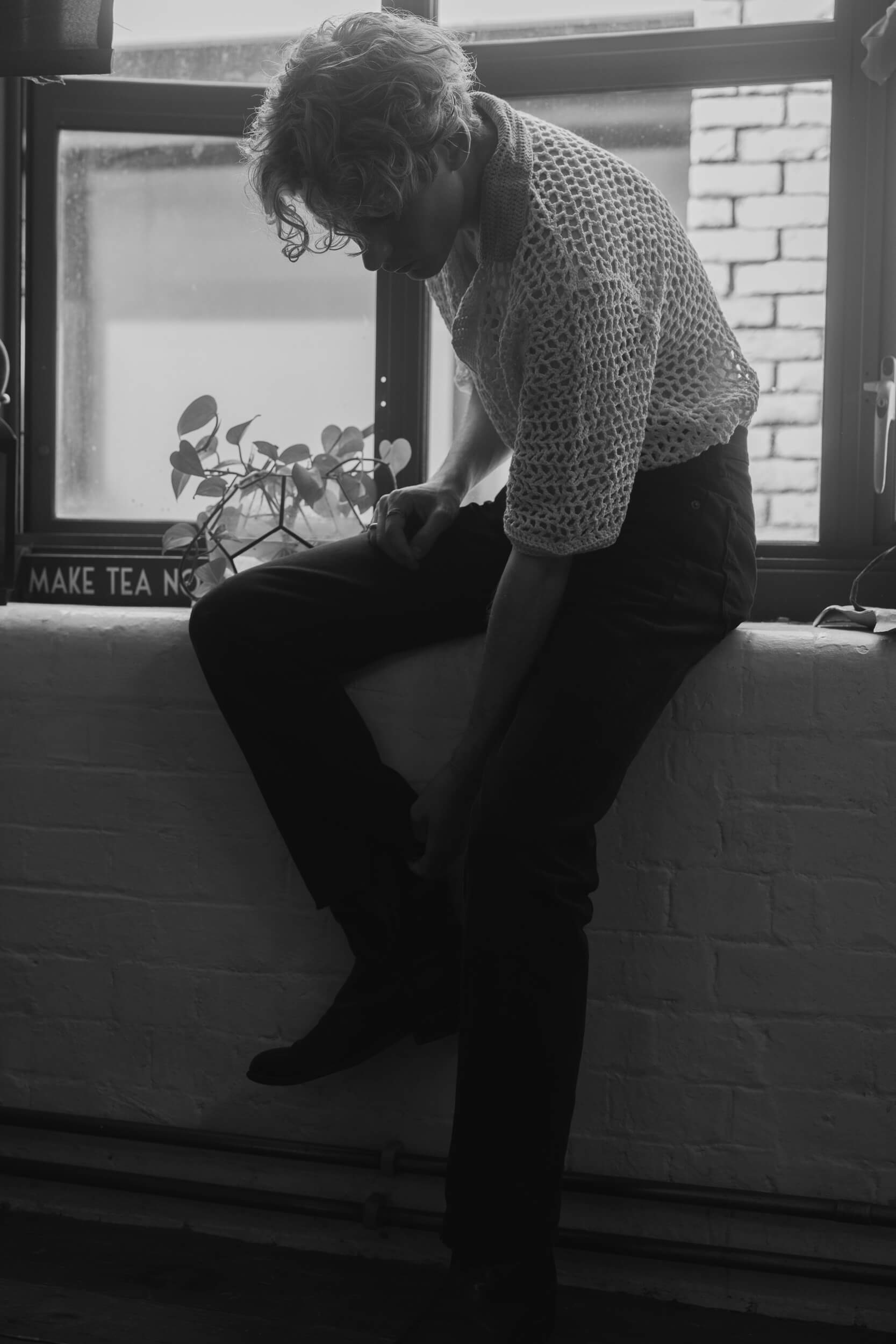
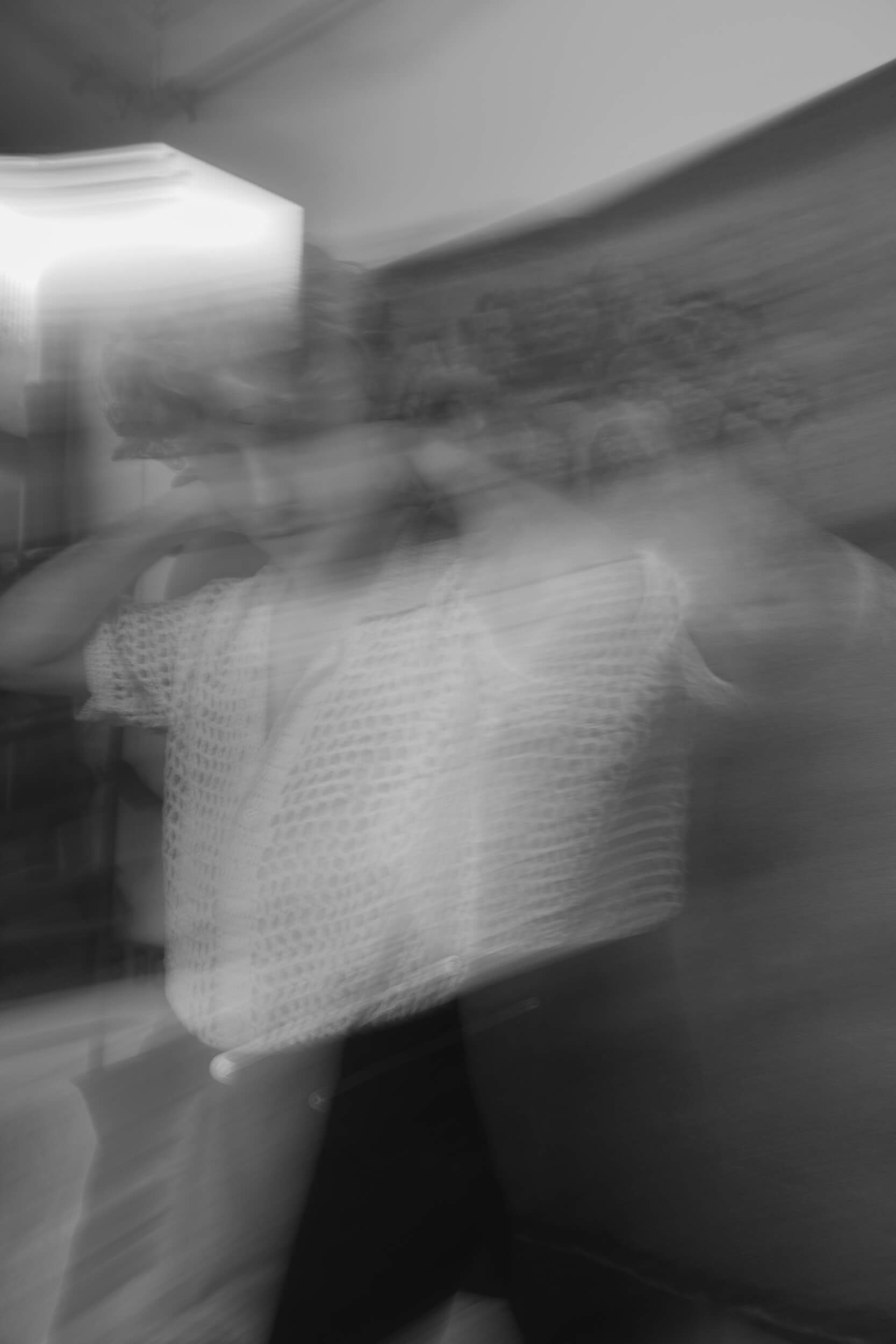
So, what is your happy place?
Honestly, my happy place is wherever the people I love are – that’s where I feel happiest. I don’t know if an actual location makes me feel happy in the same way that the people who are there with me make me feel happy.
Anyway, with my family, we used to go to this little caravan park in Ireland, where I spent my summers. I think that that will always hold a really special place in my heart, also because I don’t really get to go there anymore, so maybe that’s also my “physical” happy place. But really, it’s anywhere the people I love are because I can be happy anywhere as long as I’m surrounded by them.
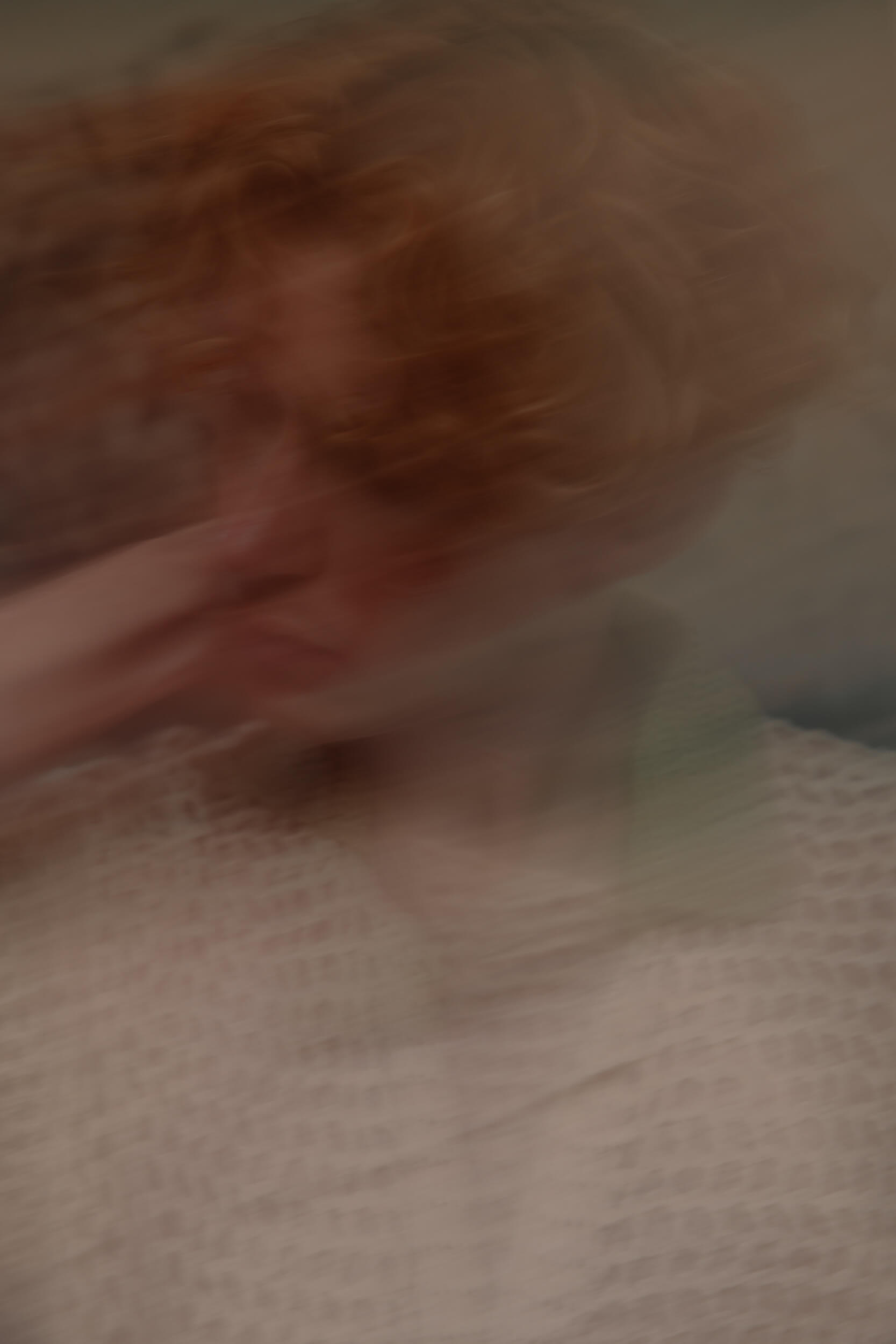
Photos & Video by Johnny Carrano.
Grooming by Brady Lea.
Styling by Prue Fisher.
Thanks to Track Publicity.

